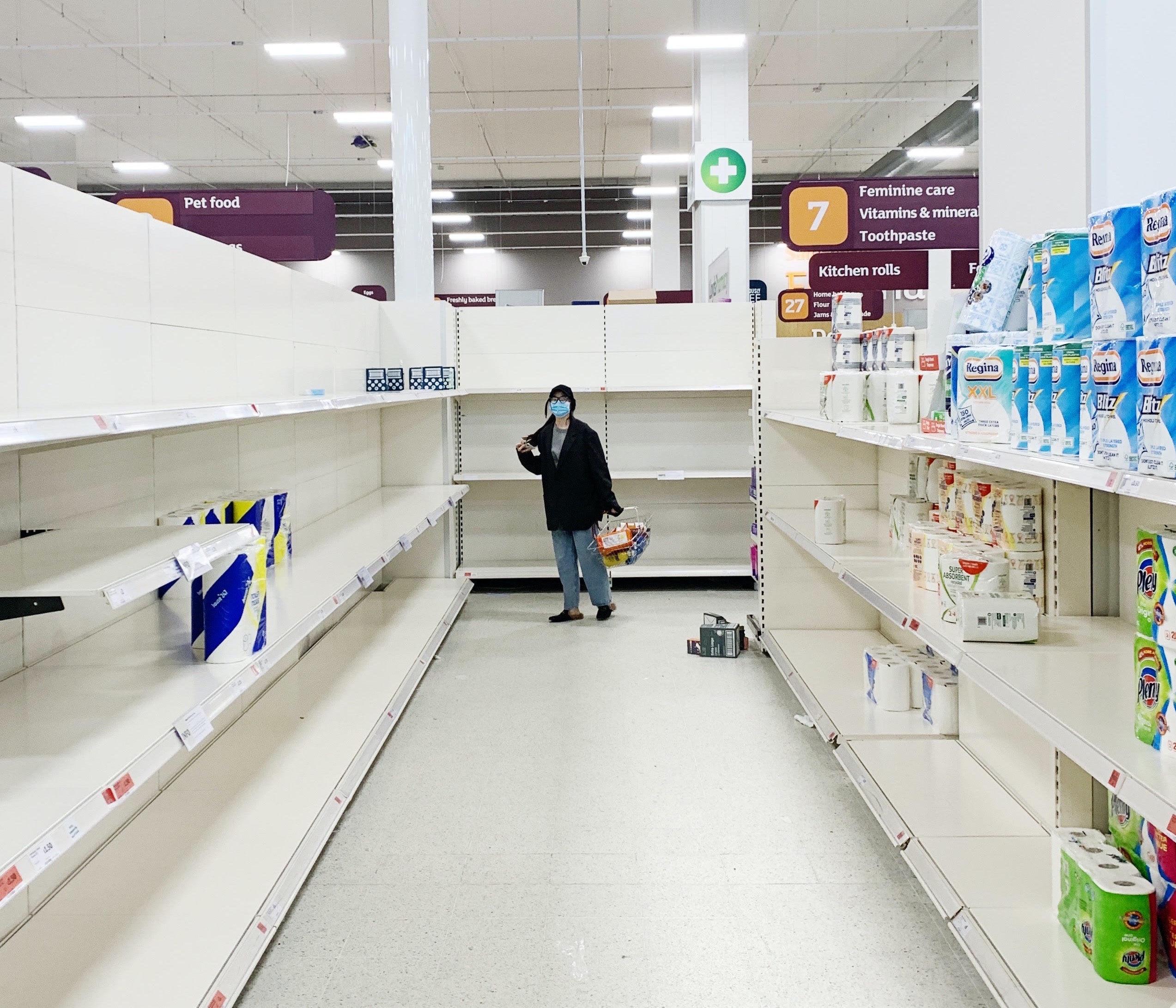


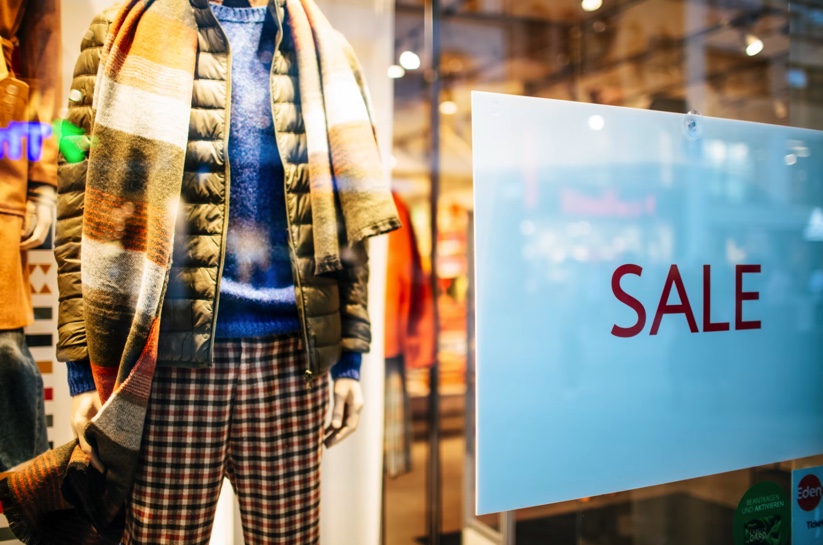
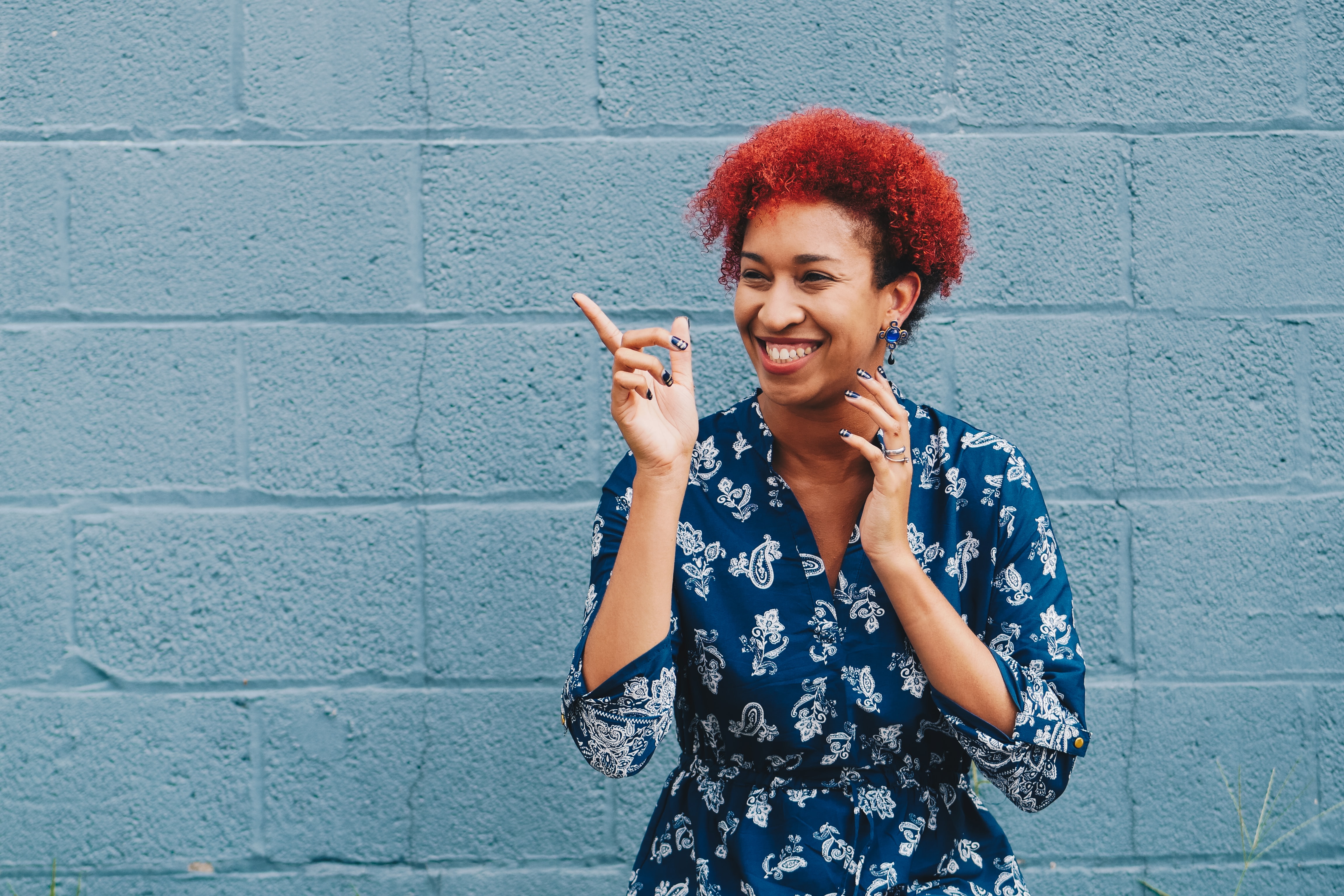
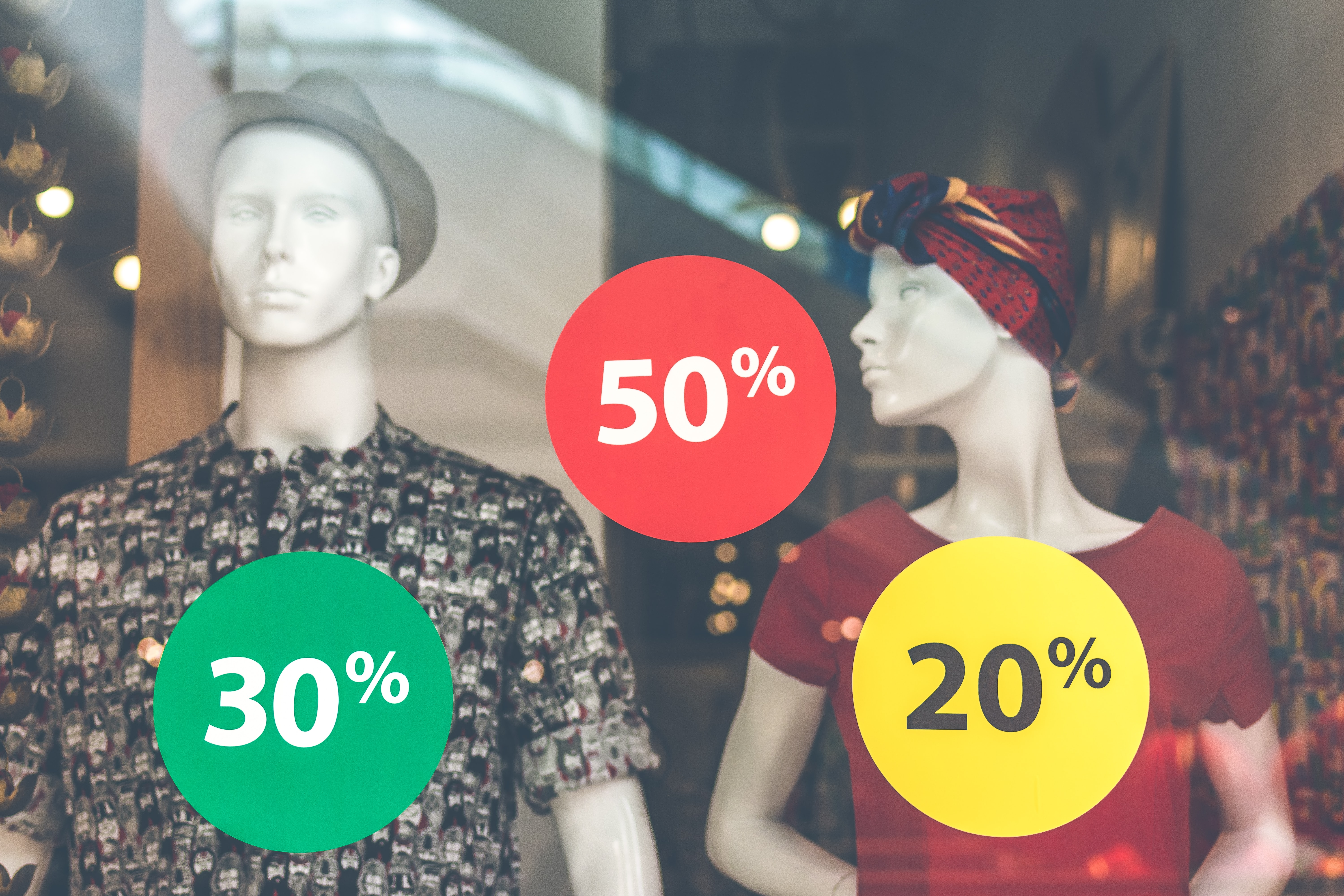
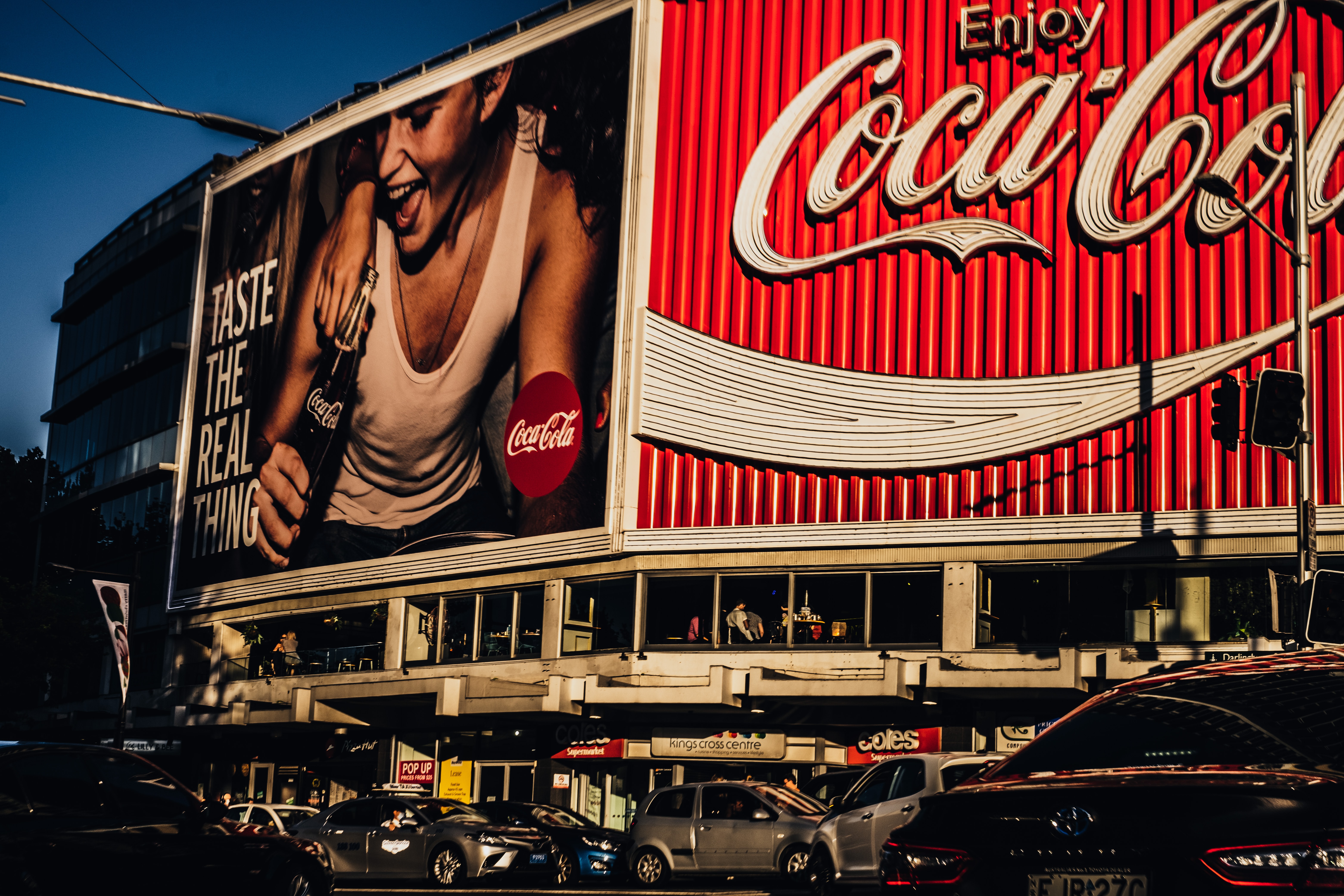

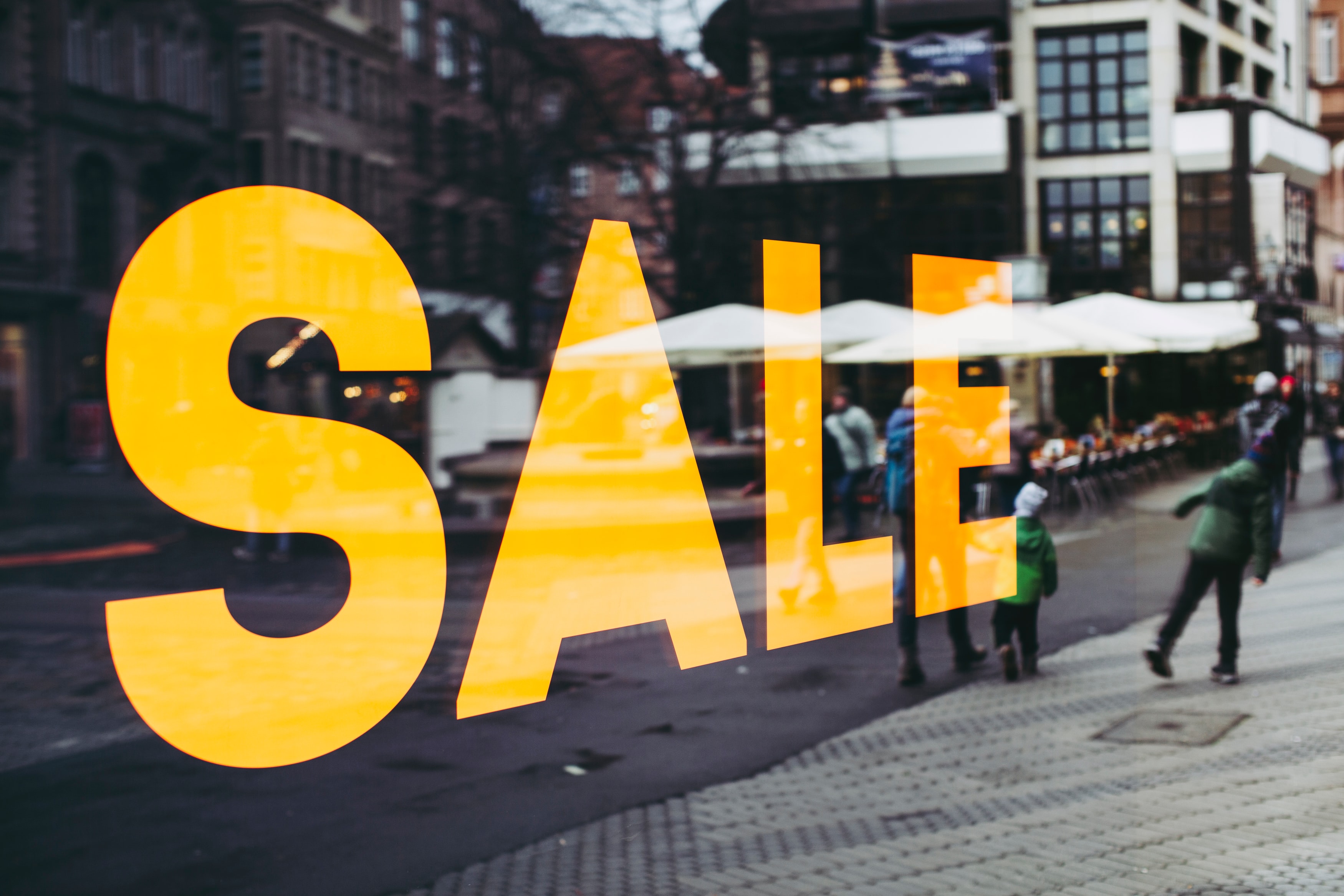
With Black Friday looming, the war for the customer’s attention is on. And, with easing lockdowns and life returning to normal, the online/in-store debate is the hot topic for brands trying to get ahead. Will customers be desperate to get back into the shopping malls post-covid, or will a Black Friday spent in lockdown have taught consumers a more peaceful alternative to fighting with fellow bargain hunters over the last discounted TV?
Having originated in the US, Black Friday’s popularity is snowballing globally, with 60% of our global community intending to take part this year. And, with offers released earlier and earlier every time, this flurry of sales is no longer contained to just one day. But, with this year marking the first time payday takes place after Black Friday weekend, brands are clambering to know whether hunger for discounts or the ‘hold on till payday’ mentality will win.
So, how can your brand get ahead of the competition? The secrets to success have been revealed by our global, always-on consumer insight community…
Unlock the Black Friday predictions here…
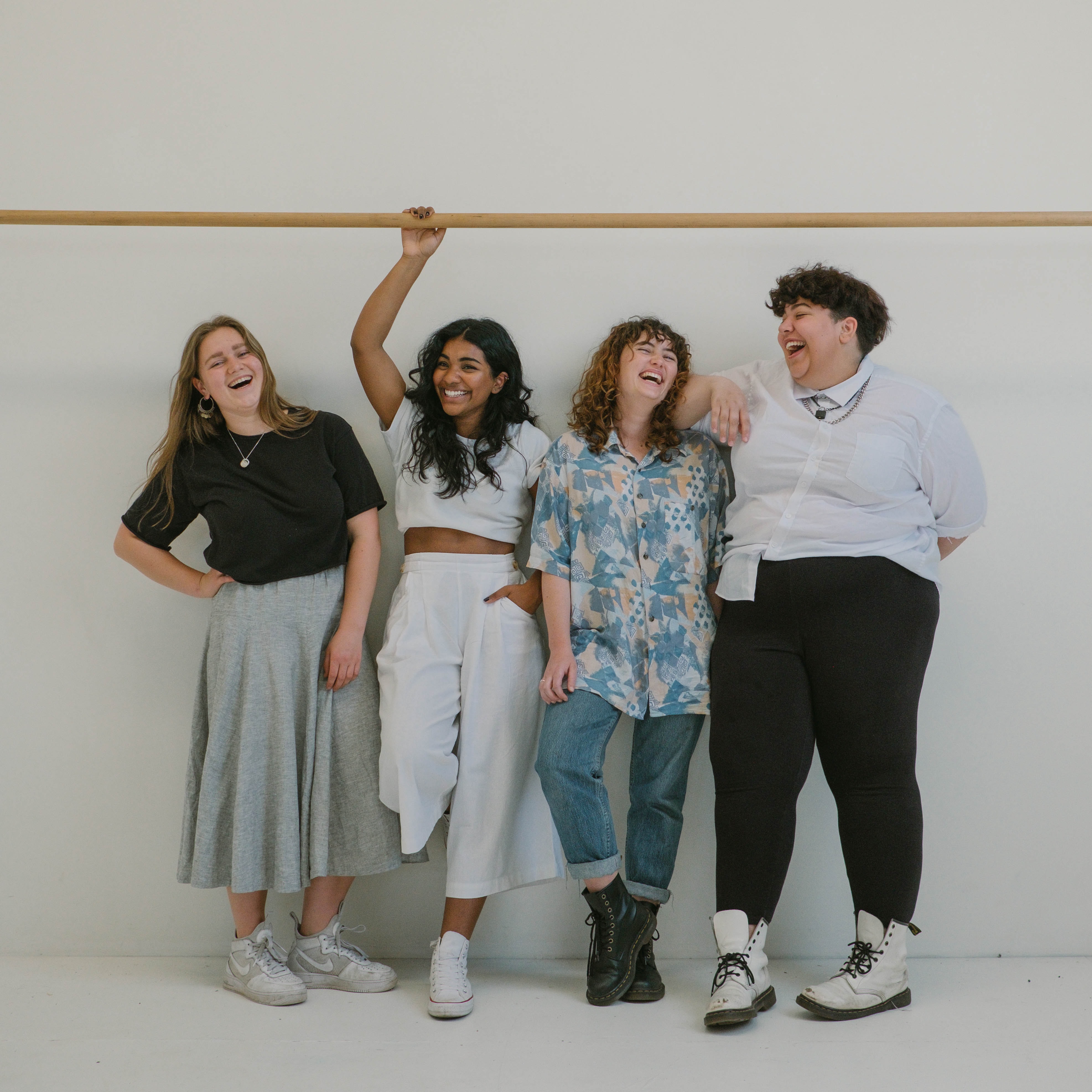
When asked ‘how diverse is your brand’ and ‘how inclusive is your company’, some might believe the two questions are merely synonymous. But they’re not just the same question repackaged. According to Forbes, diversity is the ‘what’: who is sitting at the table. Inclusivity, on the other hand, is the ‘how’, the brand culture that allows diversity to prosper: have you pulled up extra chairs to that table?
When 72% of our insight communities believe that brands have a responsibility to be involved in D&I conversations, it’s more important than ever for your brand to embrace an equal and inclusive future. However, despite our online panel being overwhelmingly in favour of brand activism, more than half of them were untrusting of the brands that allied themselves with these causes.
How can brands overcome this double bind of championing progressivism without being damned as inauthentic? We caught up with Ellis Lanyon, Head of Digital for NYX Professional Makeup, Network Chair of L’Oréal UK & Ireland’s LGBTQ+ Employees and Allies Network OUT@L’Oréal, and a British LGBT Award Nominee 2020. He told us how NYX Professional Makeup, a pioneering brand for gender, sexual and racial equality, are working towards a more inclusive future.
Here’s what Ellis, as well as our insight communities, had to say…
Unlock the expert advice from L’Oréal UK & Ireland…
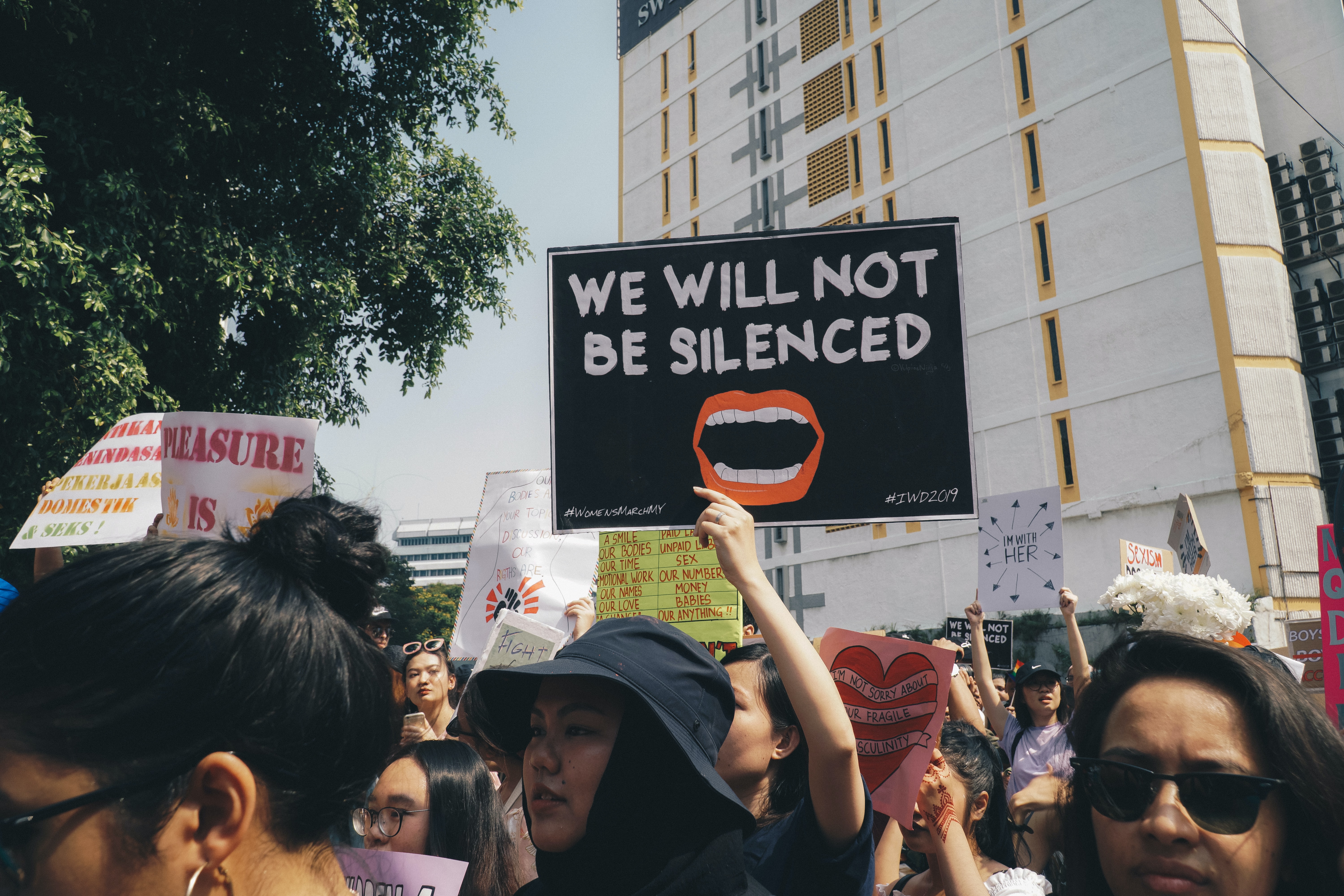
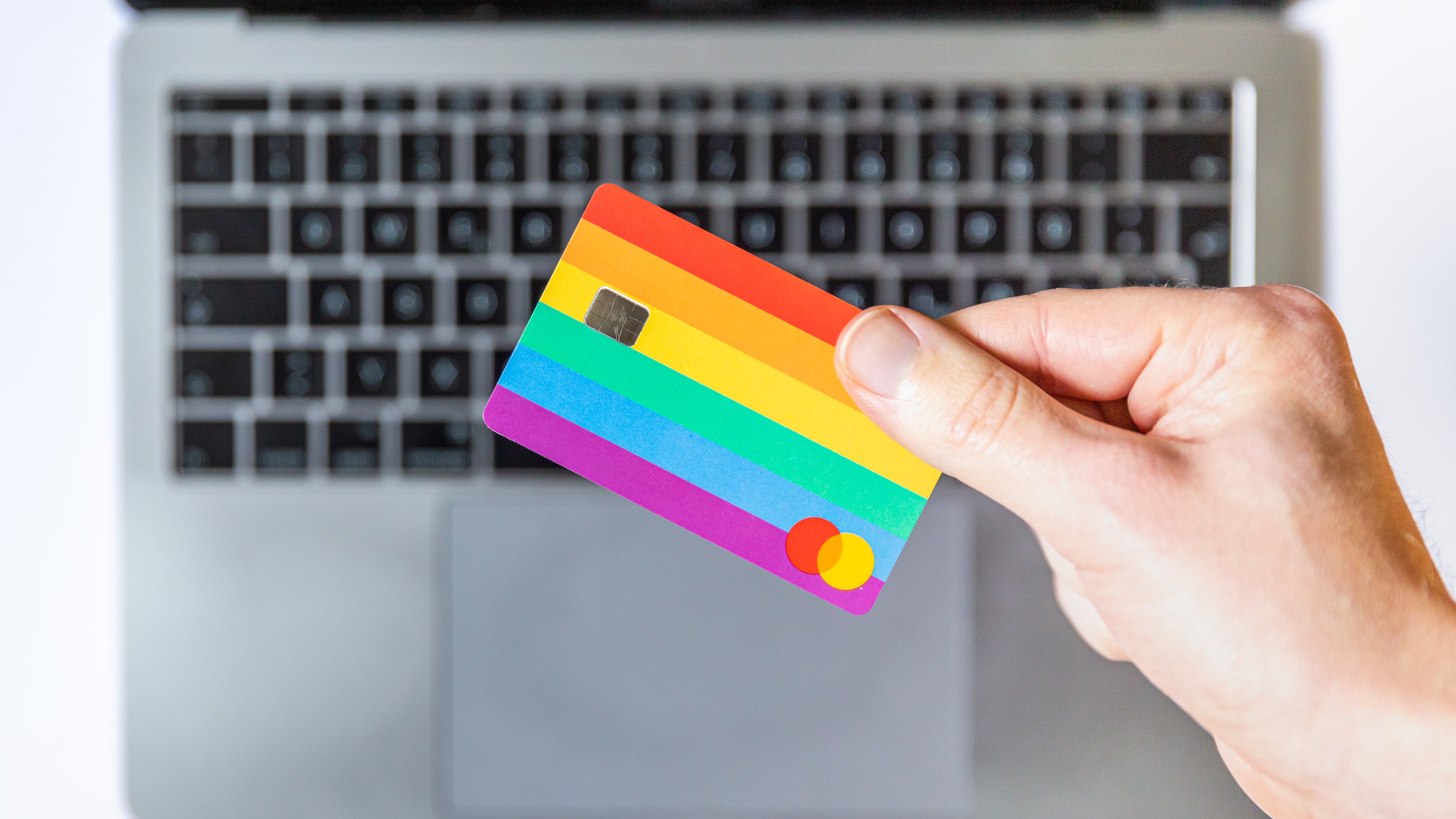
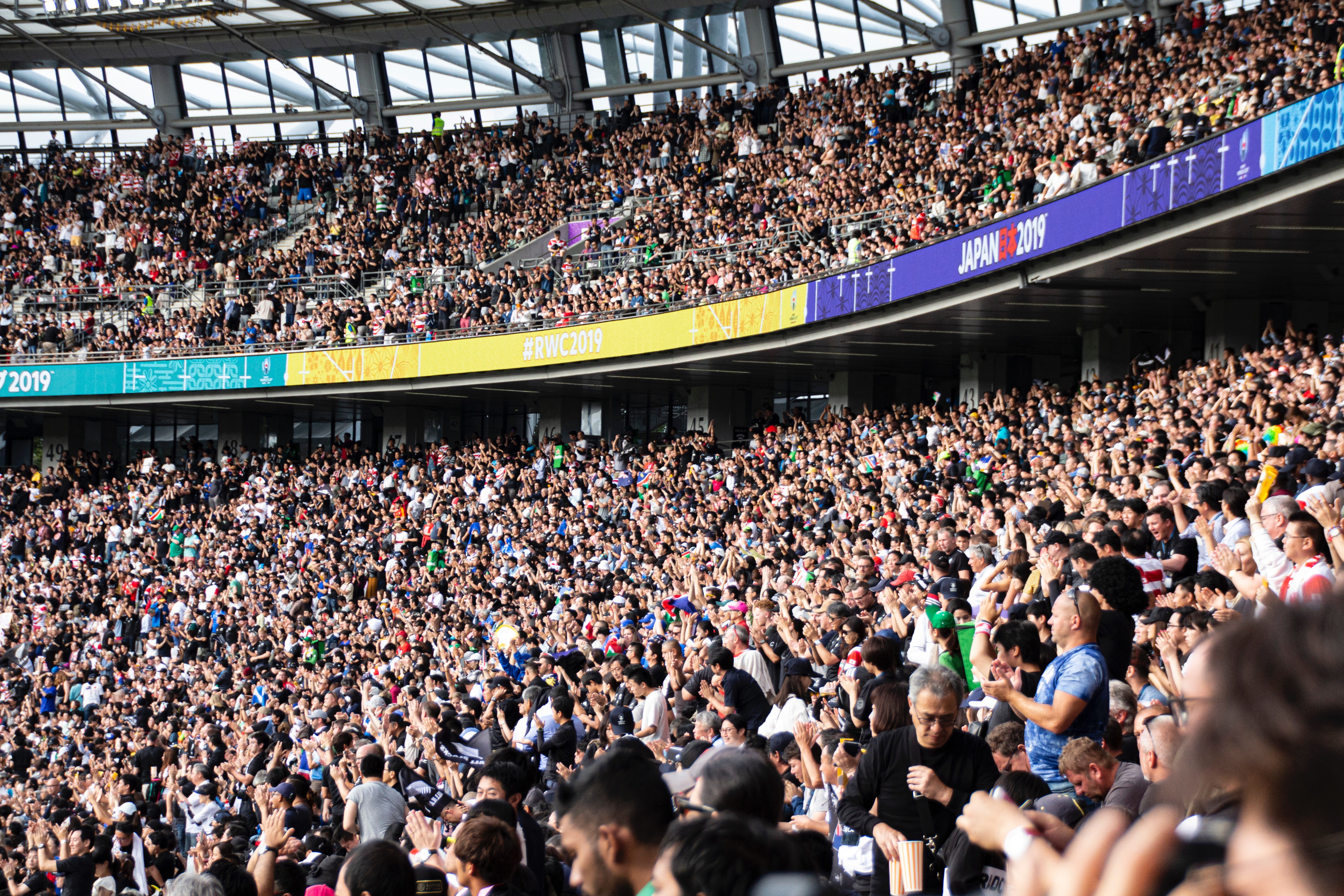
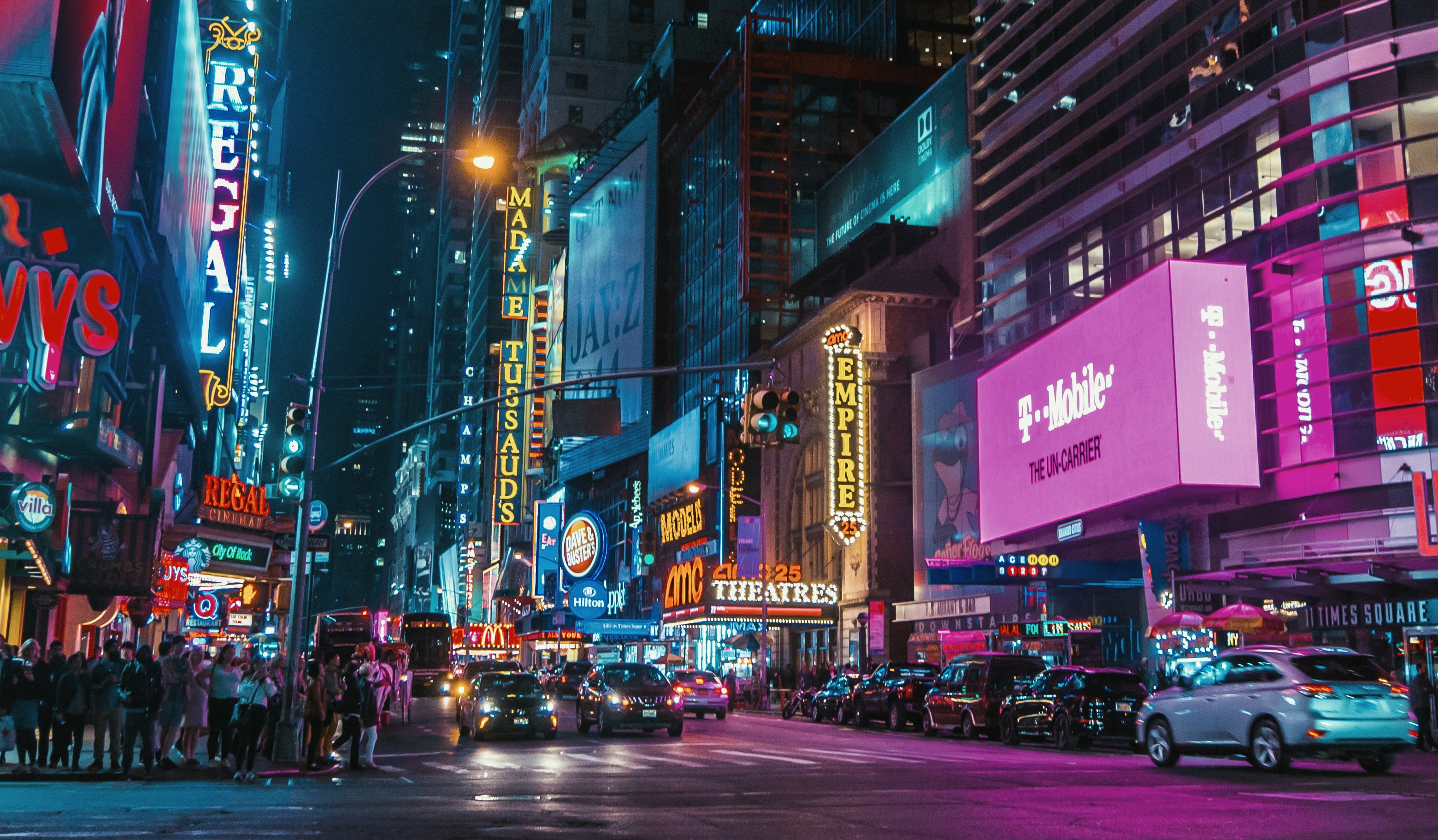
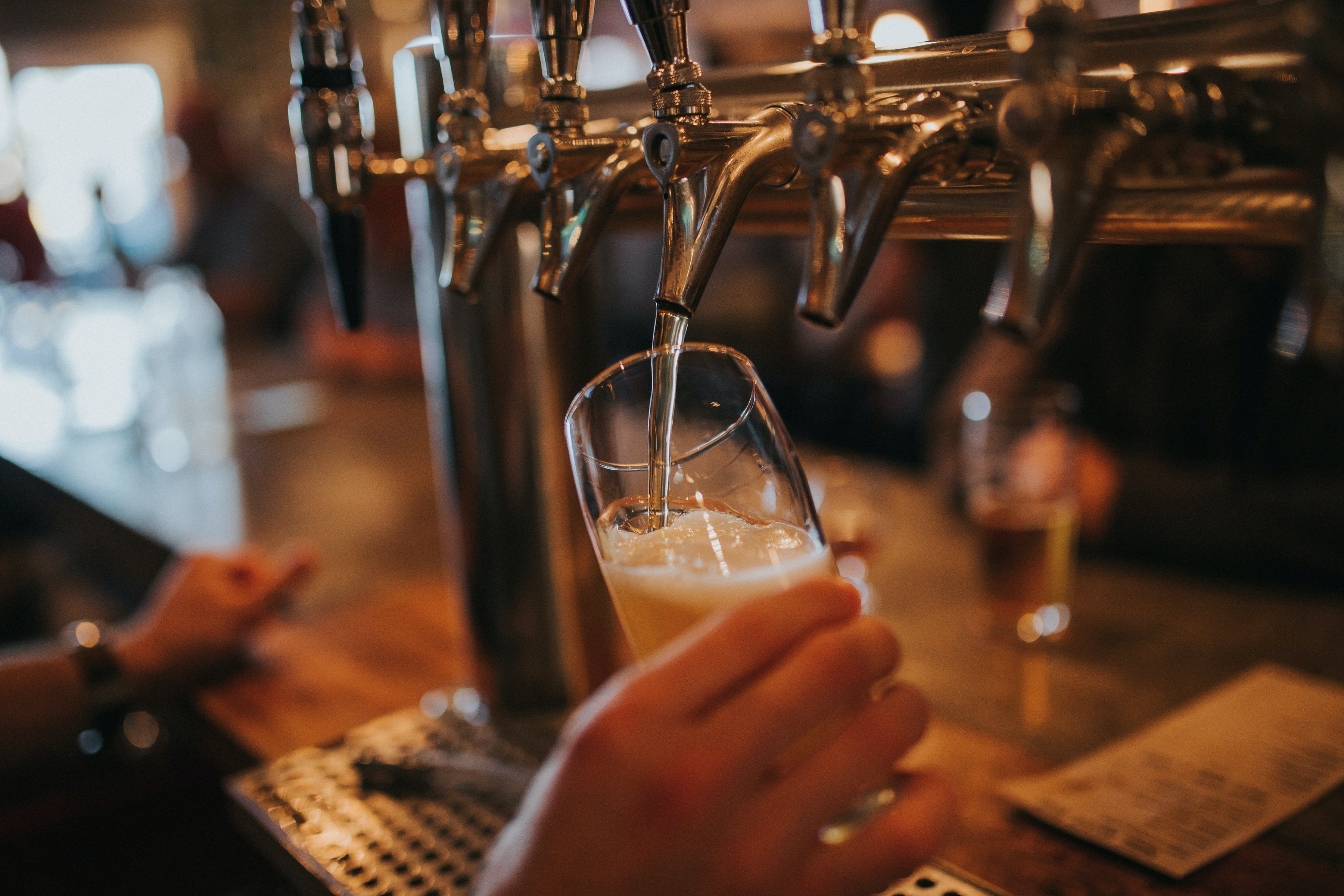
As the UK begins to reopen and cities blossom with life once again, we checked in with our community to see if they were excited for the return of the hospitality industry.
Here’s what they had to say…
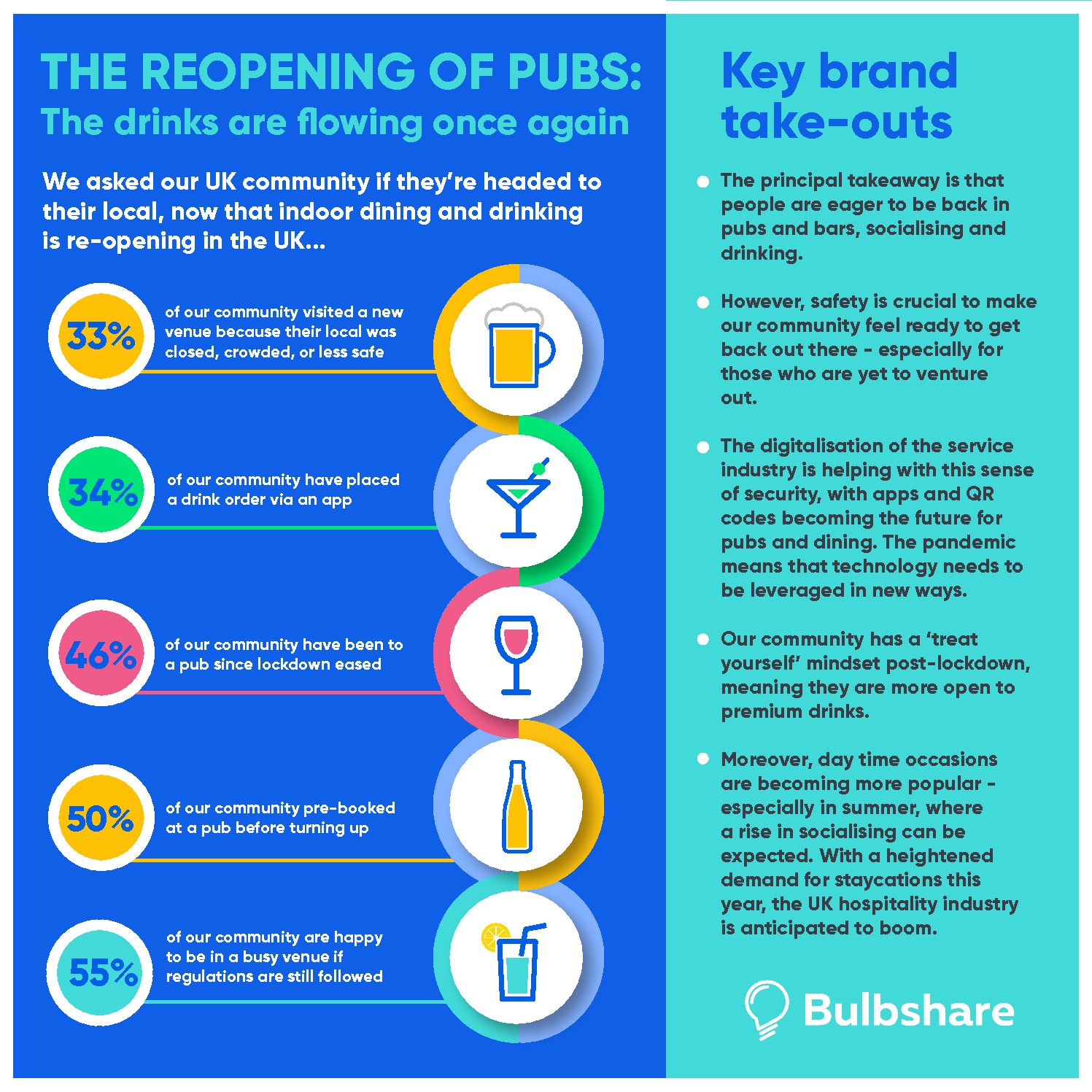
Though there was eagerness to return to a life that isn’t defined by masks, working from home and zoom quizzes, there was consternation over safety.
That being said, half of the community were willing to try a bar or pub that had a lively atmosphere and a lot of customers.
The industry should anticipate customers ready to spend on premium products, and prepare for the digitalisation of service.
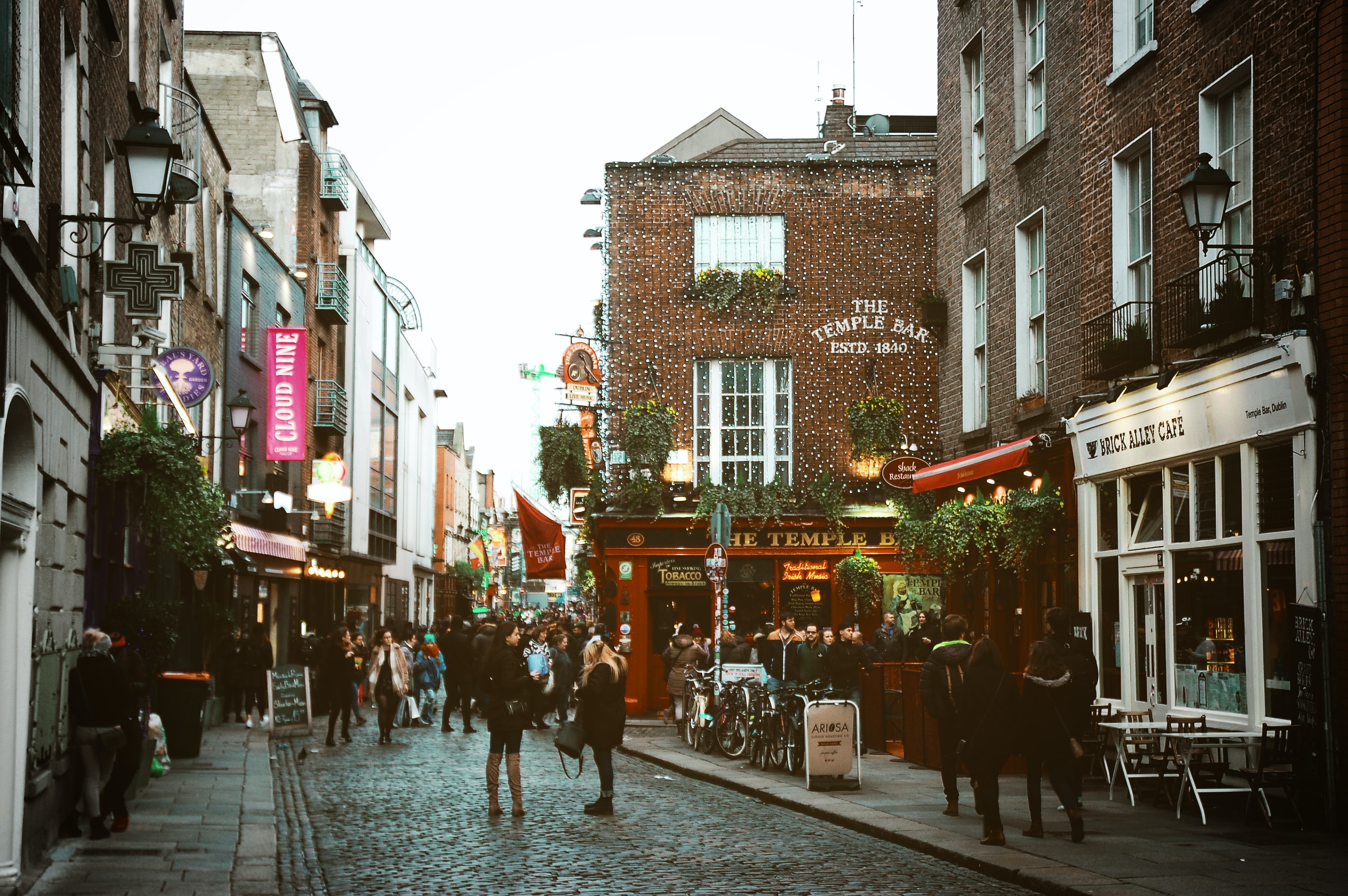
The key insights around the future of socialising…
Join us for an hour of insights examining emerging consumer behaviours as we return to eating and drinking in public spaces like coffee shops, restaurants and bars.
We’ll look at consumer perspectives on how the service industry has reacted and chart the key consumer trends impacting the future for brands.
Featuring industry experts:
👉 Rhys Humm: New Business Development, Costa Coffee
👉 Elizabeth Davies: Senior Category Manager, Budweiser Brewing Group
👉 Louise Hughes: Collaboration Director, Bulbshare / Retail Strategy Expert, Boots, Reckitt Benckiser, AB InBev
👉 Sebastian Szczukiewicz: Client Collaboration Lead, Bulbshare
Request our webinar recording now to unlock all the insights…
Request our webinar recording now to unlock all the insights. Just share your details below and we’ll email you with a link…
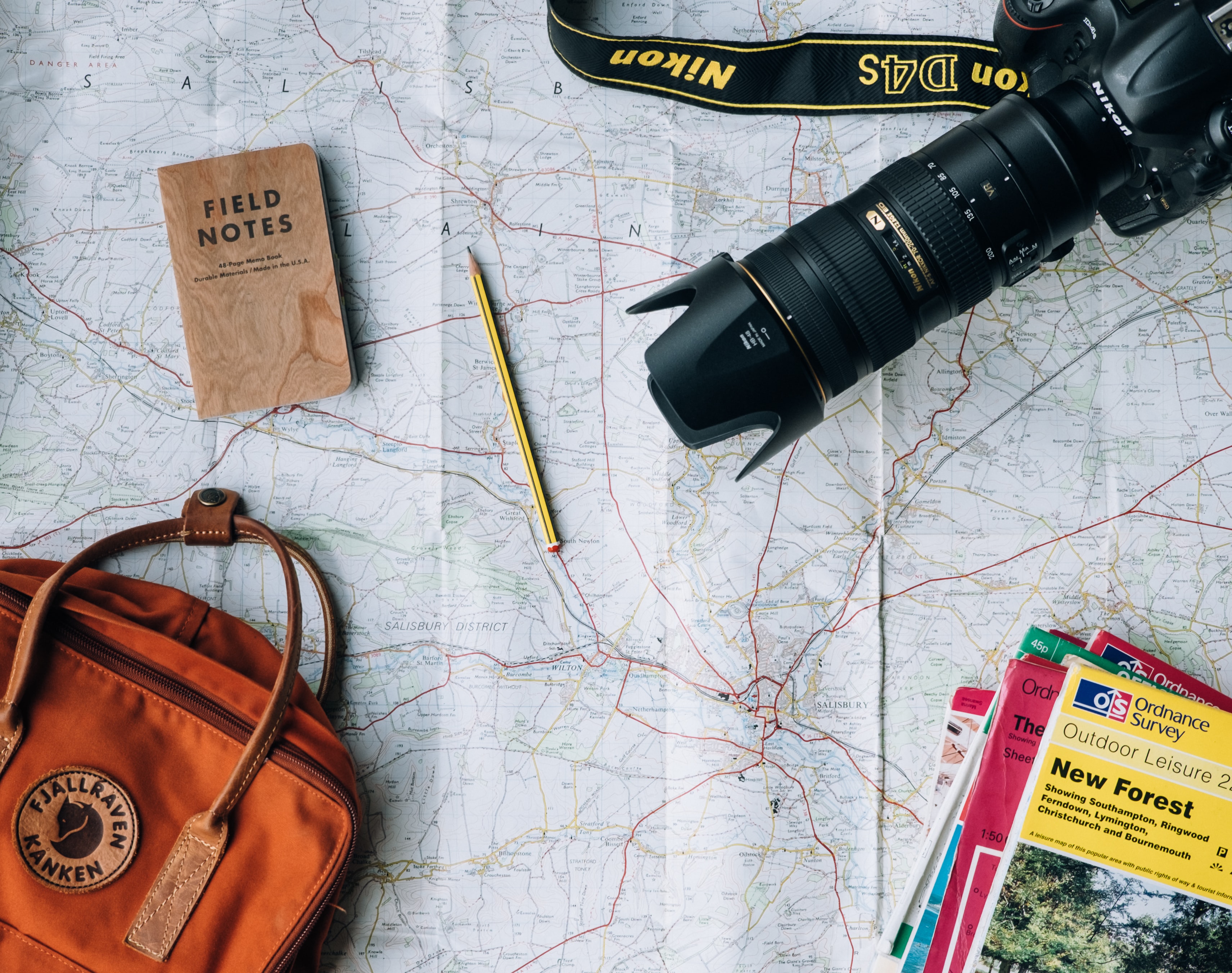
The UK’s new traffic light system has everyone eagerly hanging on for the green light for holidays abroad. So, we approached our global insight community and asked them if they’re desperate to be relaxing on an exotic beach somewhere – or if they prefer the safety of home this year.
Here’s what they had to say…
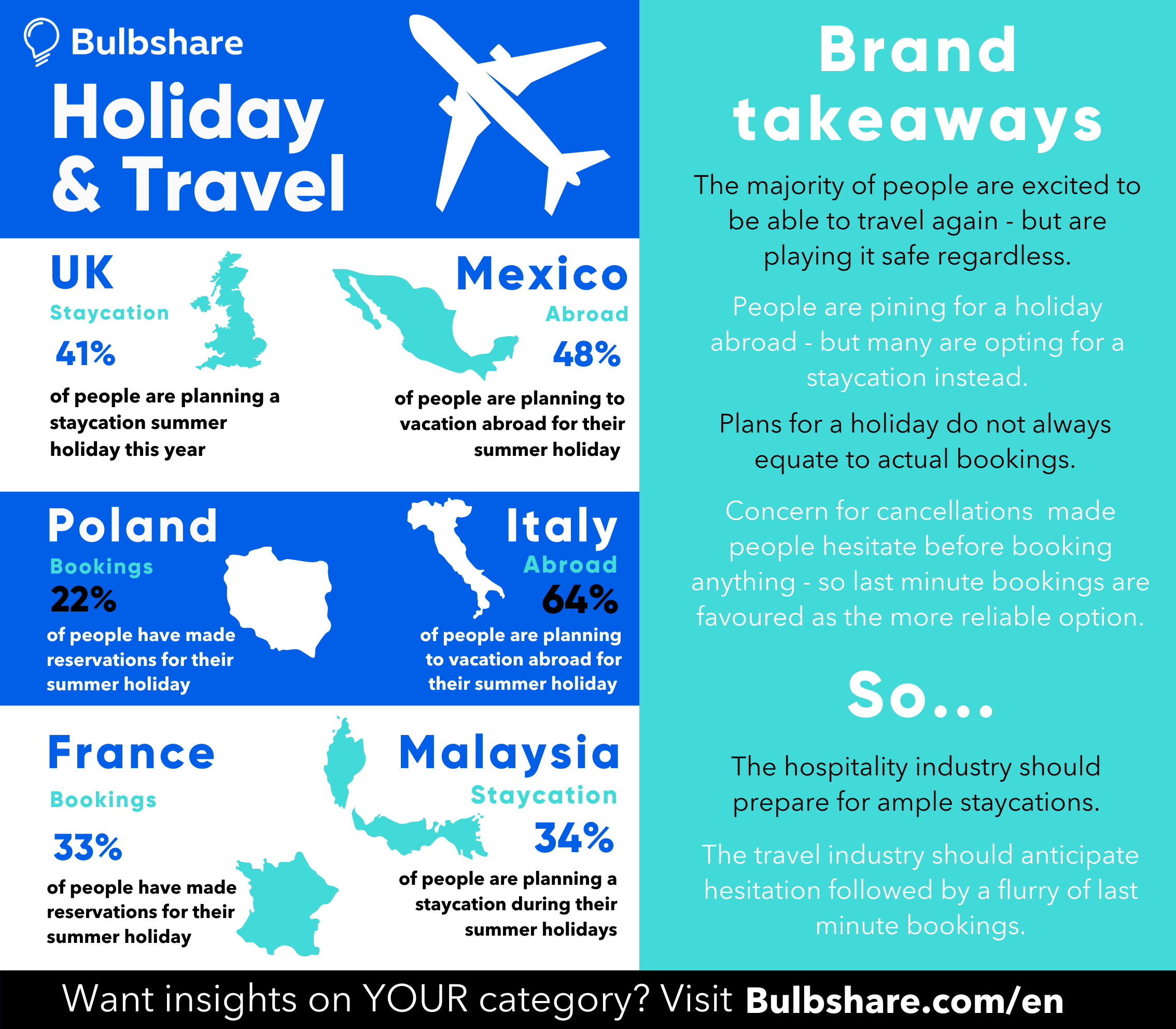
“Because, after having so many obligations and duties during lockdown, I would like to relax and be treated. But above anything else, travel is good for our economy.” – Bulbshare user, Male, 43, Italy
Despite restrictions, ambiguity and costs, there is a shared enthusiasm for travel amongst all communities. 78% of our Polish users, 84% of our Italian users, 92% of our Malaysian users and 64% of our UK users all have their fingers crossed for a holiday this year. Whether that translates to bookings and plans is another question, so travel agencies will have their work cut out for them in converting desire into determination…
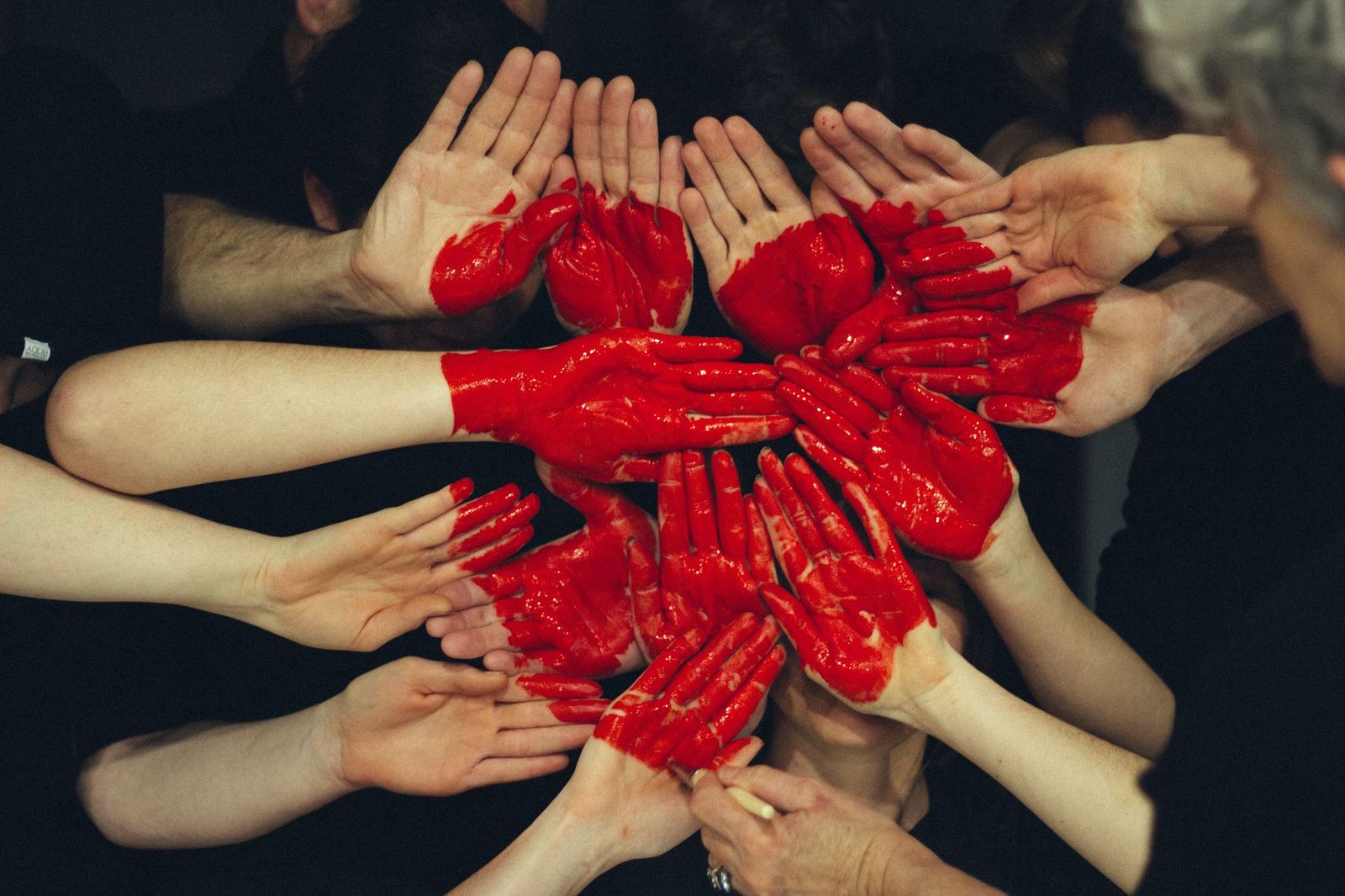
The key insights around the future of brand advocacy
Join us for unmissable insights around the power of customer communities – and why they are shaping the future for brands. Just request our webinar to discover the importance of building online customer communities, the power of customer advocacy, the role of user-generated content for businesses and the changing idea of ‘authenticity’ for modern audiences!
Featuring industry insiders:
👉 Gordon Glenister: Head of Influencer Marketing, BCMA
👉 Louise Hughes: Collaboration Director, Bulbshare
Request our webinar recording now to unlock all the insights…
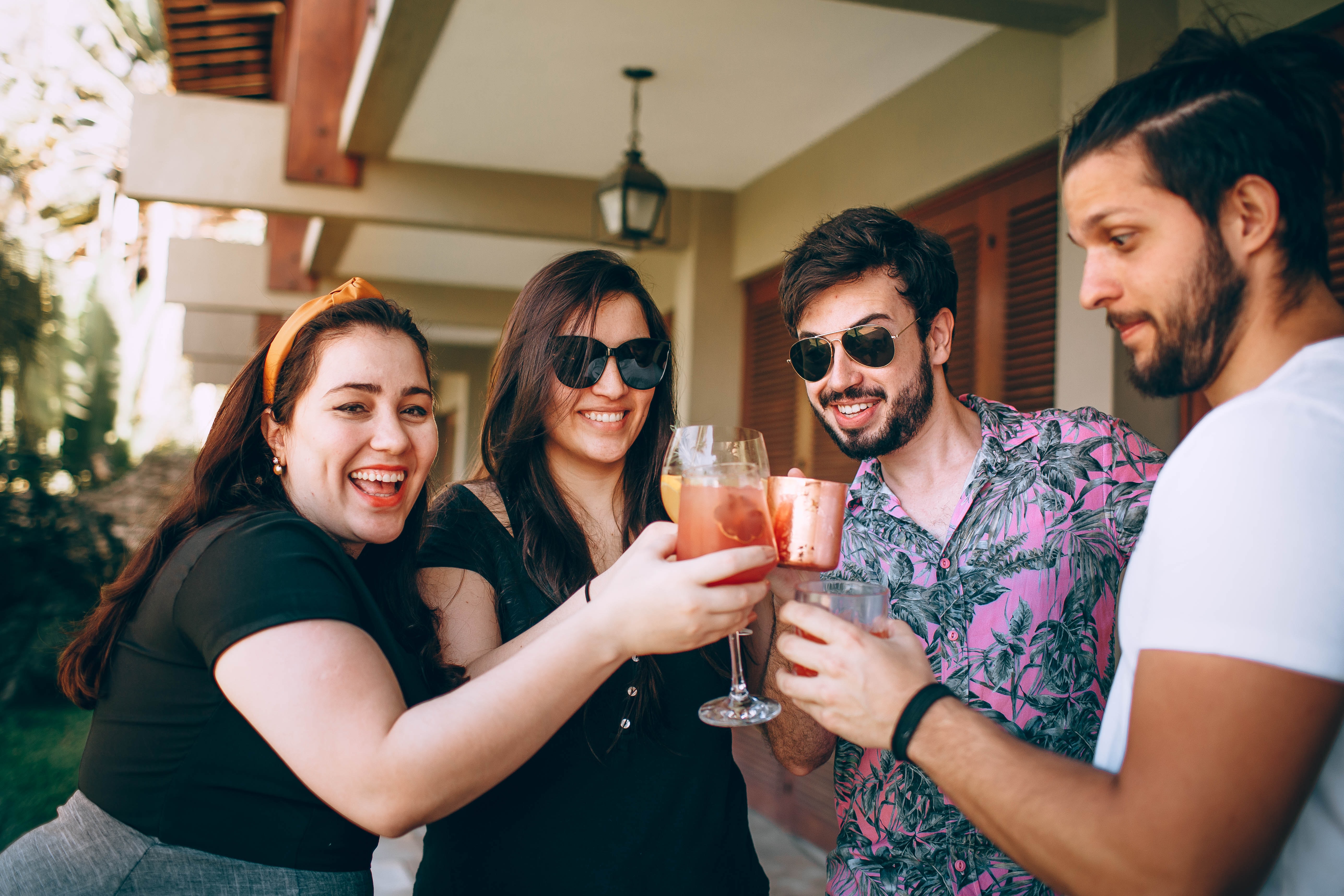
With the UK tentatively reopening next week, we asked our community how they felt about heading back out for a pint! On the cusp of so much change, we wanted to know whether they feel cautious about going out for the first time in so long or are rearing to go…
It’s safe to say, our community were excited to be back out, with a beer in hand!
Check out the infographic to discover what our UK market research communities had to say about drinking and dining this summer.
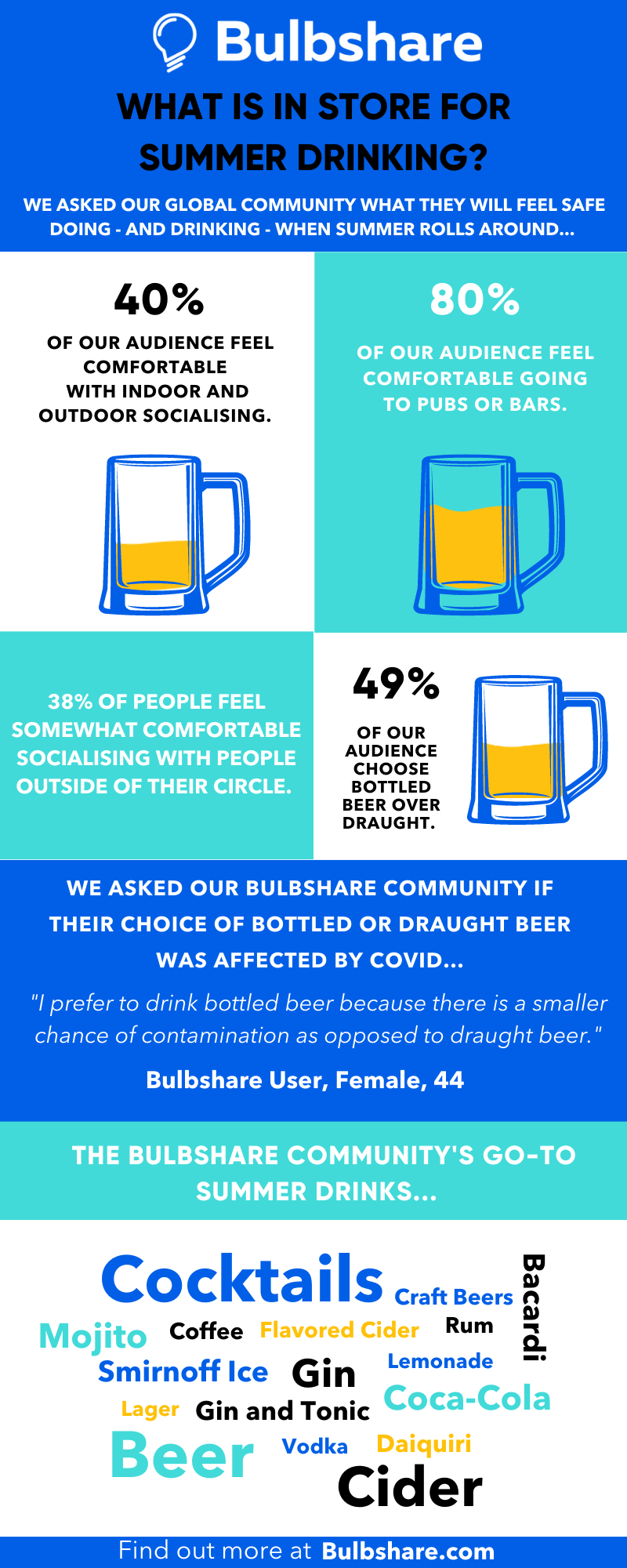
“I am excited to have more freedom to enjoy time with family and friends again” – Bulbshare user, Female, 55, UK
80% feel comfortable going to BBQs and picnics, 63% are heading back to bars and pubs and 78% are going to beer gardens. It’s safe to say the hospitality industry will have a lot on their plates this summer; seats will be full in pubs, restaurants and bars for the first time in months.
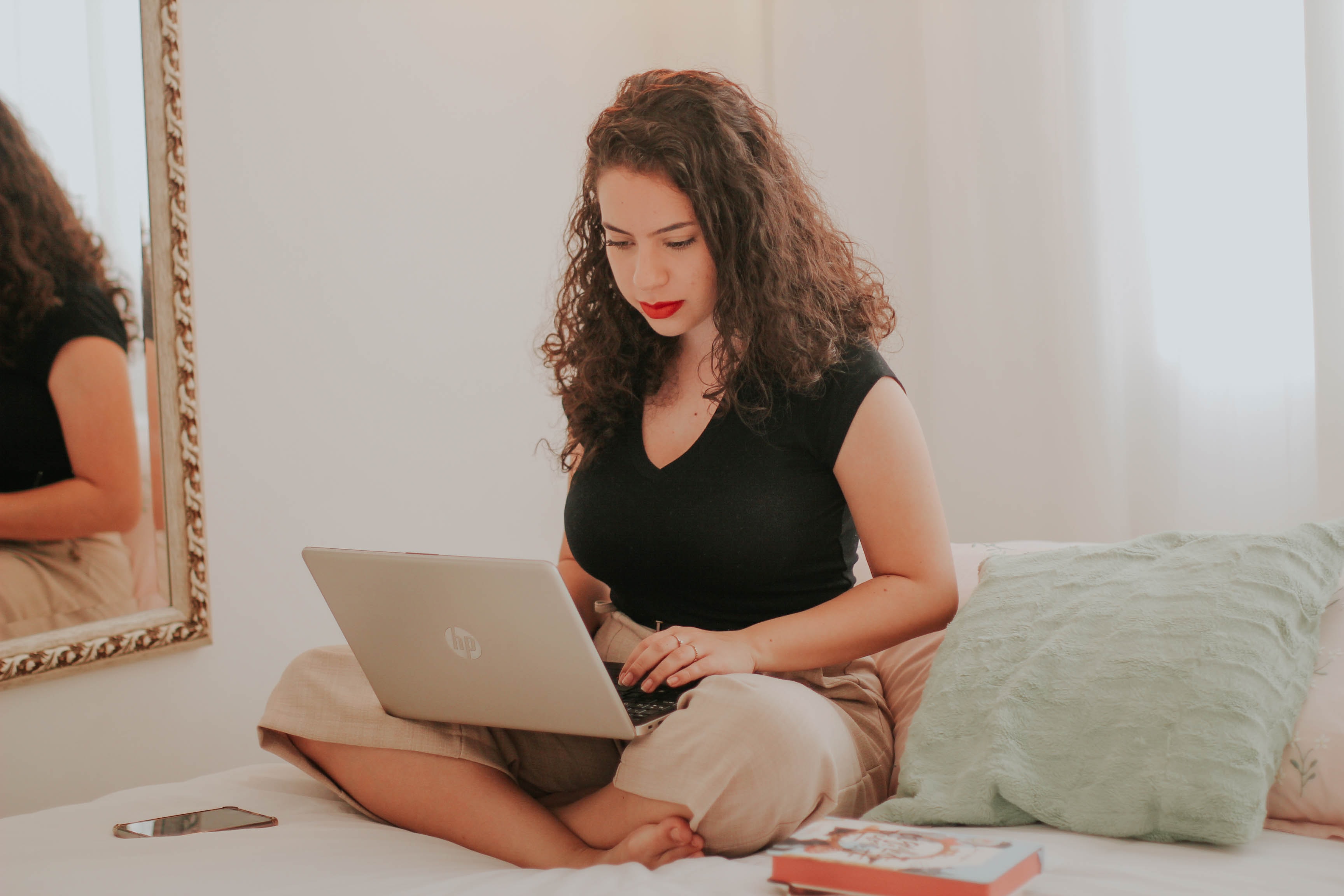
Working from home has become the new normal. And with the world’s transition to remote working well under way, we are all wondering whether a full return to the office will ever be a possibility.
So, we checked in with our Bulbshare community to gauge their thoughts and feelings on working from home, burnout, and digital fatigue. With all this time online, we wanted to know if the blurring of work and home is making them more tired and less productive – or if they are loving this new homebody lifestyle!
Check out our digital fatigue infographic below to discover the insights…
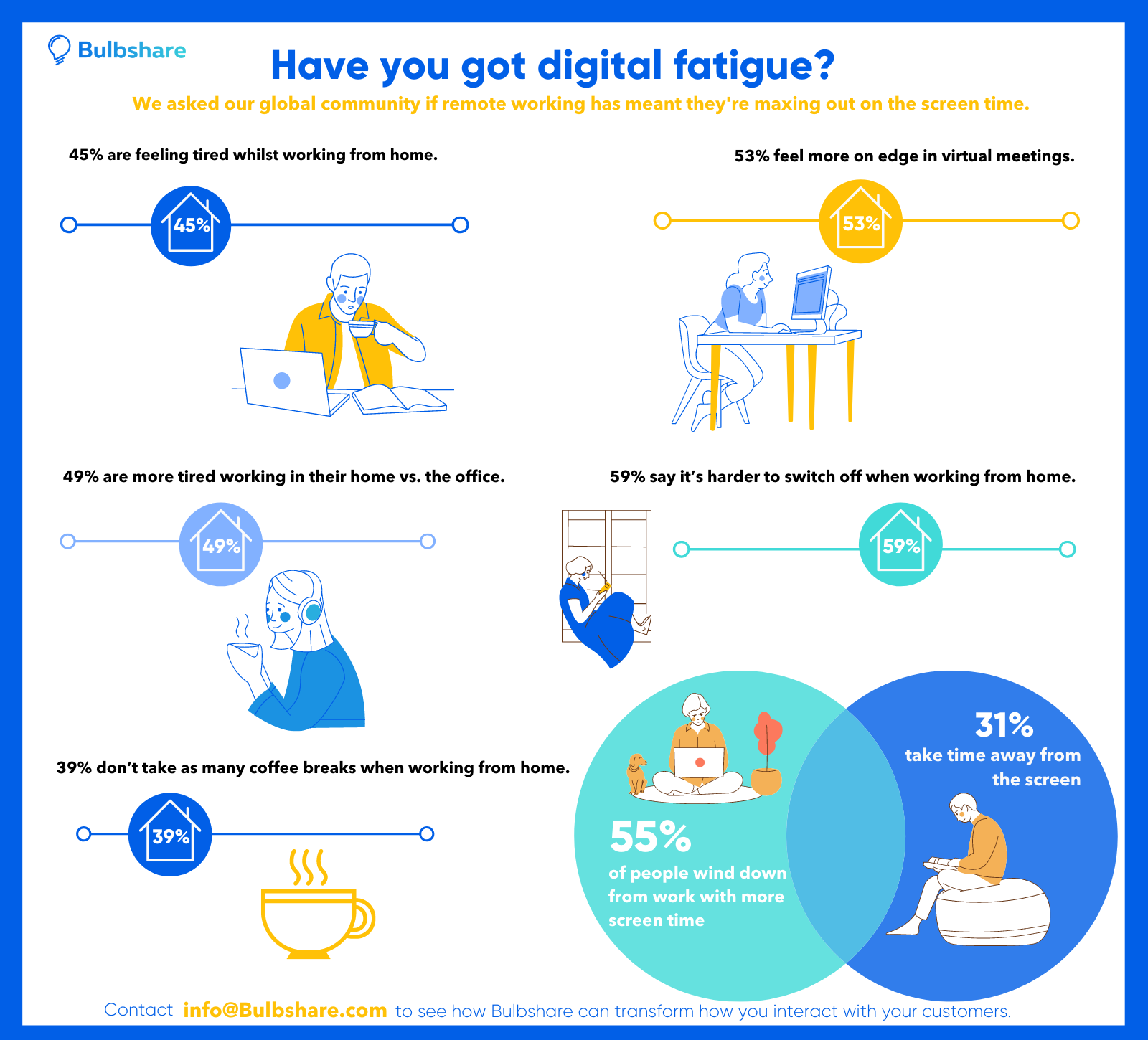
“The boundary between work and home is often much blurrier” – Bulbshare user, Female, 34, UK
When 59% of our digital communities said they found it harder to switch off mentally after work and 39% take fewer breaks, it is clear that our focus groups are feeling burnt out. With such heightened anxiety, loneliness and exhaustion from all the time away from reality and colleagues, it’s time to look to new ways of forming connections and fostering togetherness.
There is no better way of simulating that sense of companionship in these remote and isolating times than through virtual communities.
To find out how these insights could benefit your business, get in touch at info@bulbshare.com.
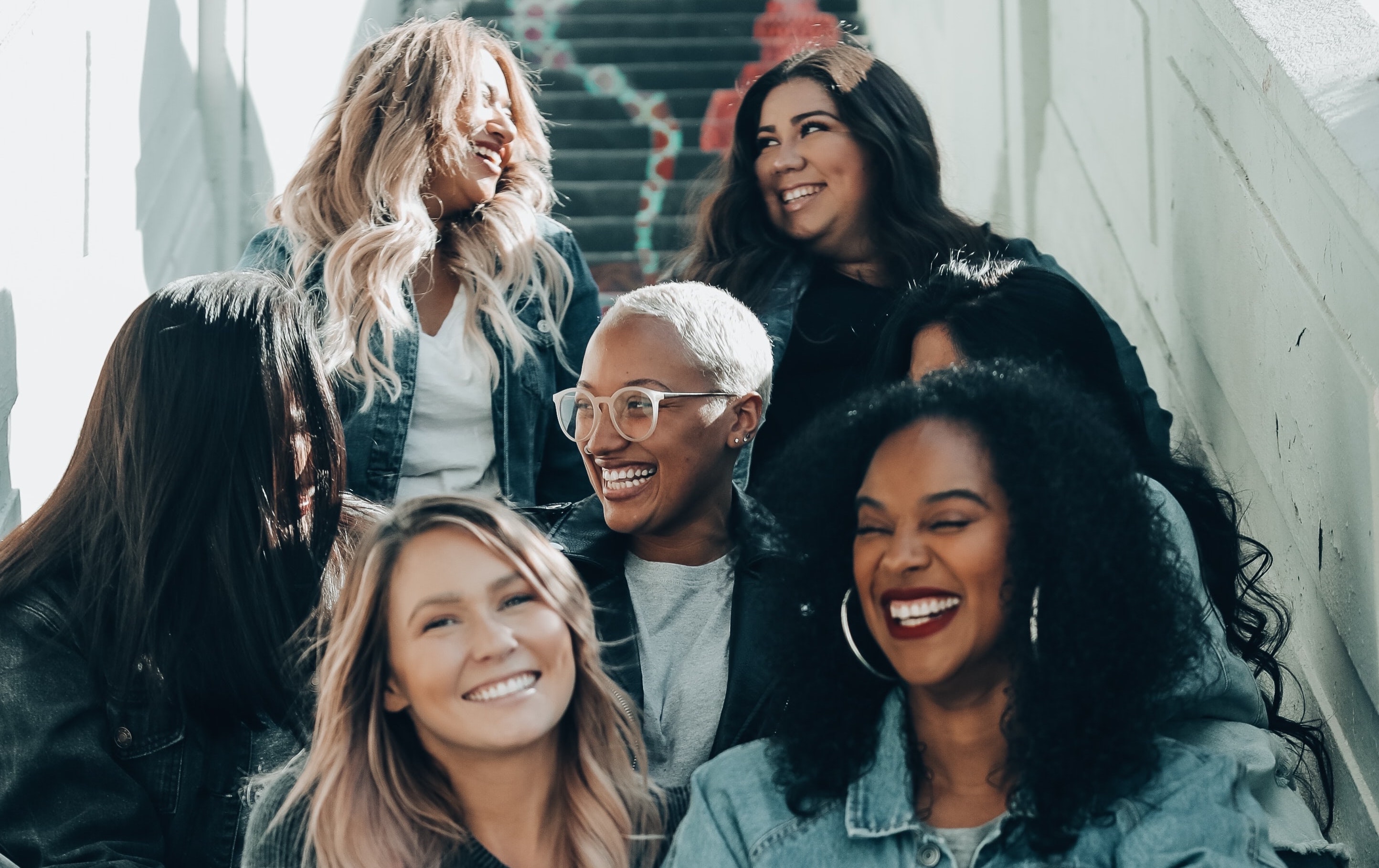
Consumer insight communities are fast becoming an indispensable part of brand strategy when it comes to building connections and truly understanding your customers.
More and more leading global brands are investing in these types of direct relationships and with 88% of Bulbshare’s global insight communities reporting they are eager to be involved in brand decisions, the desire to connect is clearly reciprocated by consumers.
So, what are the secrets to building and maintaining these communities, and how can you best utilise them to be truly customer-led and turn your customers into friends, followers and fans?
Unlock the answers with Bulbshare’s ten-step toolkit. Just fill in your details below then check your inbox…
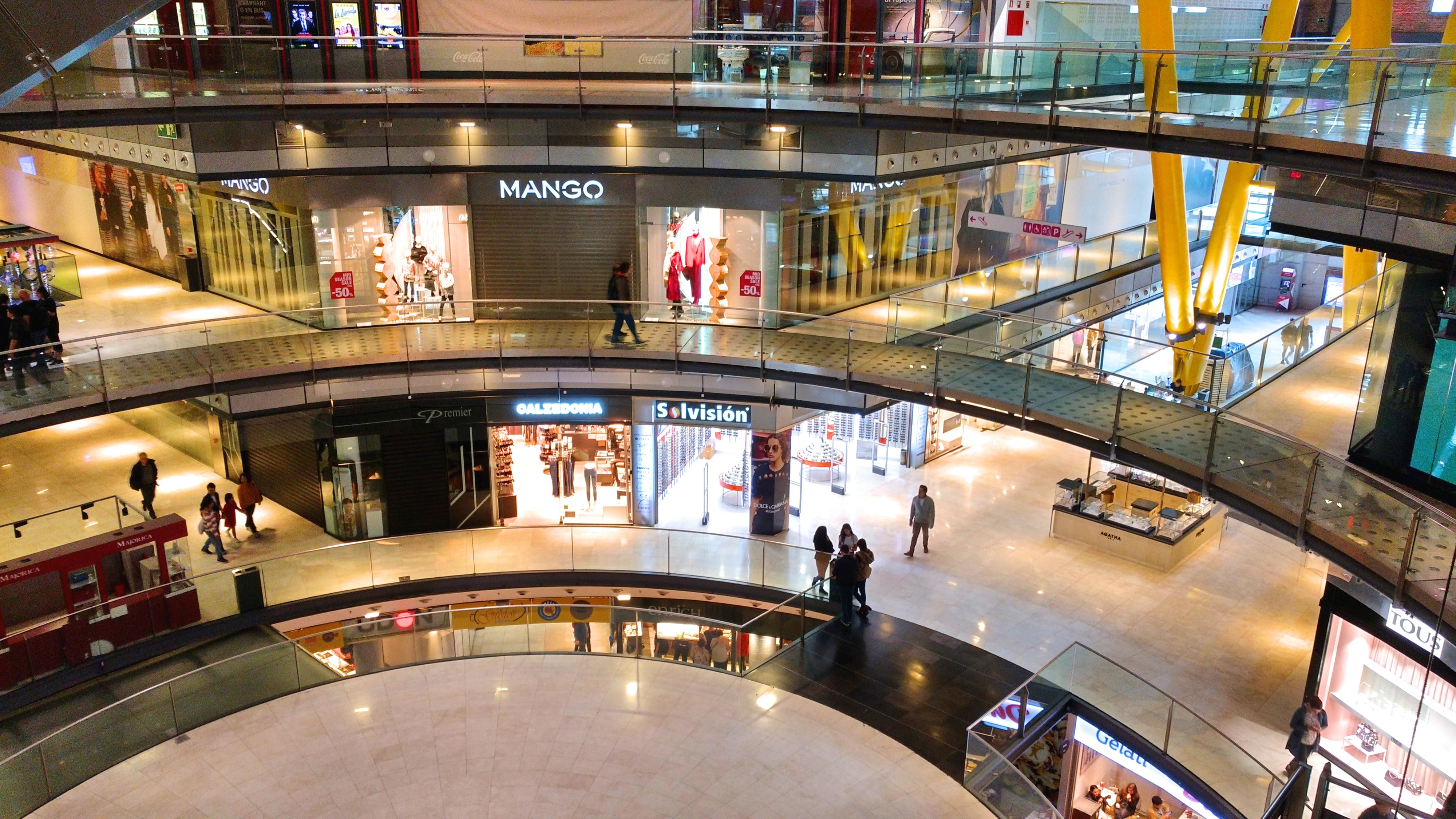
The key consumer shopping trends post lockdown and what they mean for retail, brands and shopping centres.
How will our idea of the high street and shopping centres evolve over the next 12 to 18 months? What does it mean for brands and what are the retail trends set to shape the future?
Join us for an hour of insights as we look at the key consumer shopping trends post lockdown, examine the impacts for brands and offer expert guidance on how to react.
Featuring an industry expert panel:
– David O’Shea: Director, Time Retail Partners
– Louise Hughes: Collaboration Director, Bulbshare / Ex Retail Strategy Expert, Boots, RB, AB InBev
Request our webinar recording now to unlock all the insights…
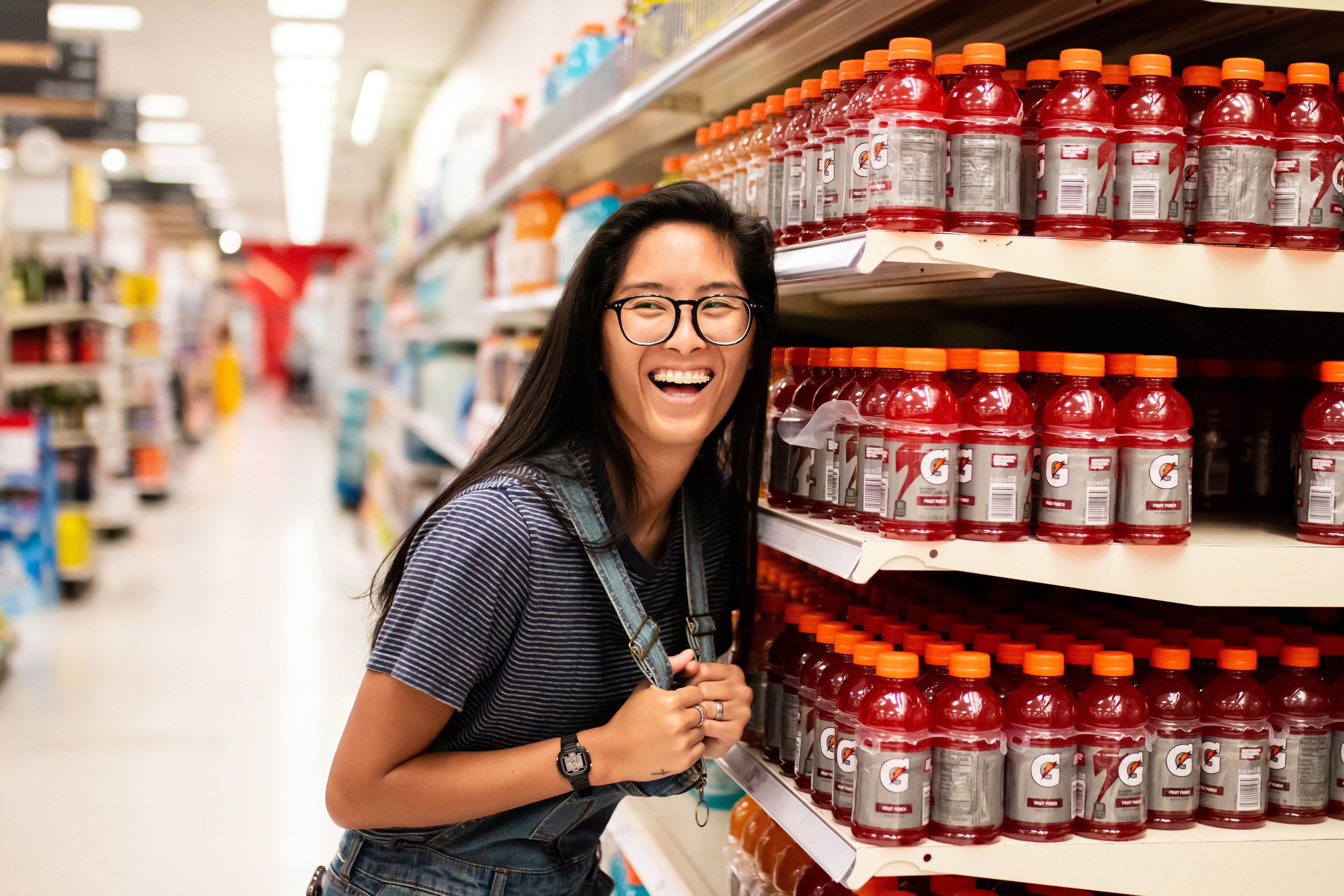
As our idea of the highstreet evolves over the next 12 to 18 months, how will shopping be affected, and what does this mean for brands, supermarkets and retailers?
Featuring an industry expert panel:
– Simon Betts: Client Director, Bridgehead International / Ex Head of Customer Proposition, Tesco
– Louise Hughes: Collaboration Director, Bulbshare / Ex Category Controller ABInBev / Boots
Request our webinar recording now to unlock all the insights…
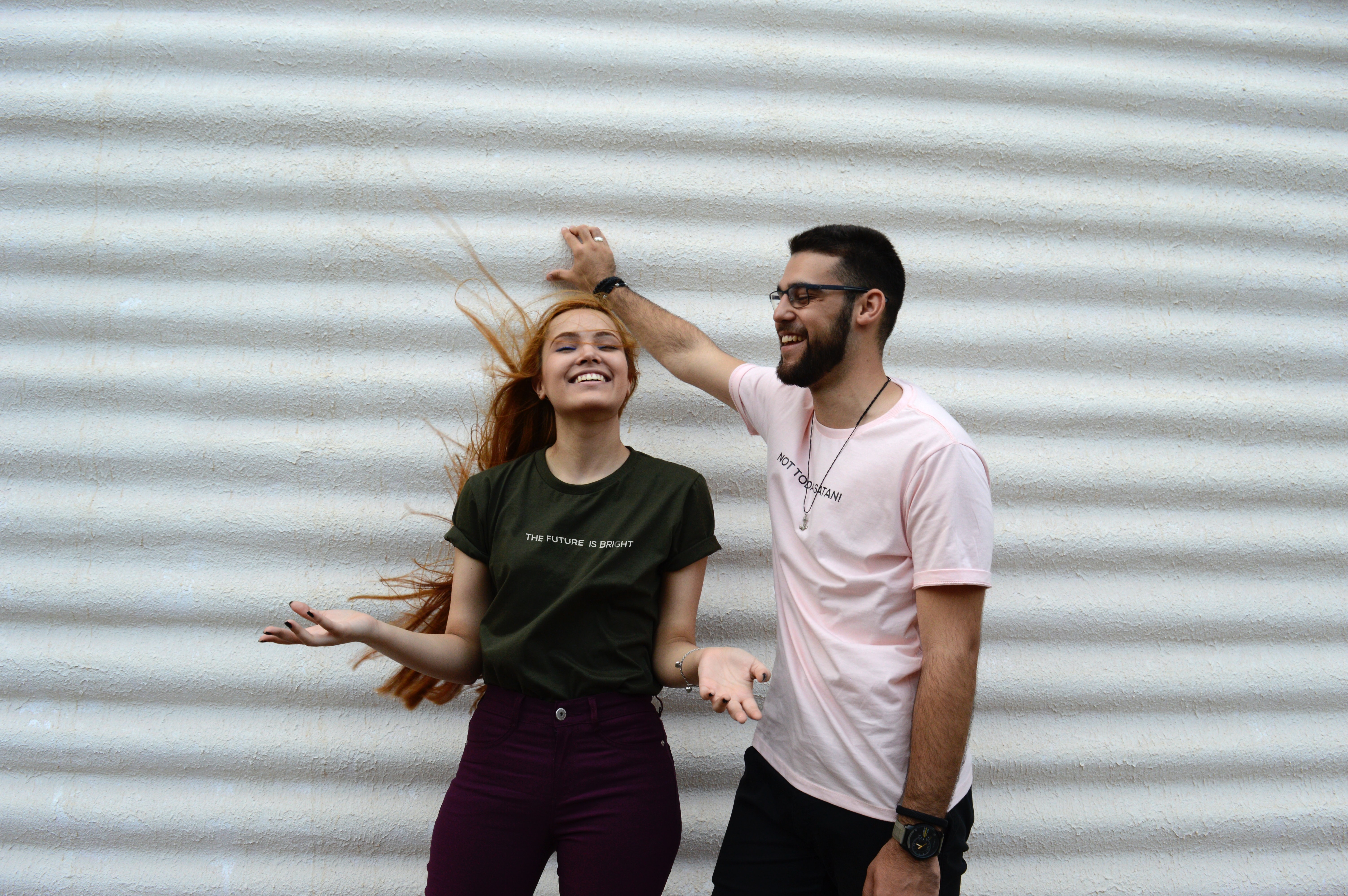
More and more brands are rethinking their strategies when it comes to digital marketing. While influencers used to be the first point-of-call, many are now looking to a new army of advocates when it comes to shouting about their products and services online… Their customers.
With a growing scepticism towards influencers among younger audiences, (only 4% of consumers still trust influencer posts according to a recent report by YouGov), turning to real customers to promote your brand adds a sense of authenticity that is lacking in sponsored content. And the smart brands are exploring new ways to unleash the peer-to-peer power of their customers at scale.
So, how does consumer advocacy work? And what are the steps to turning your customers into friends, fans and loyal brand champions?
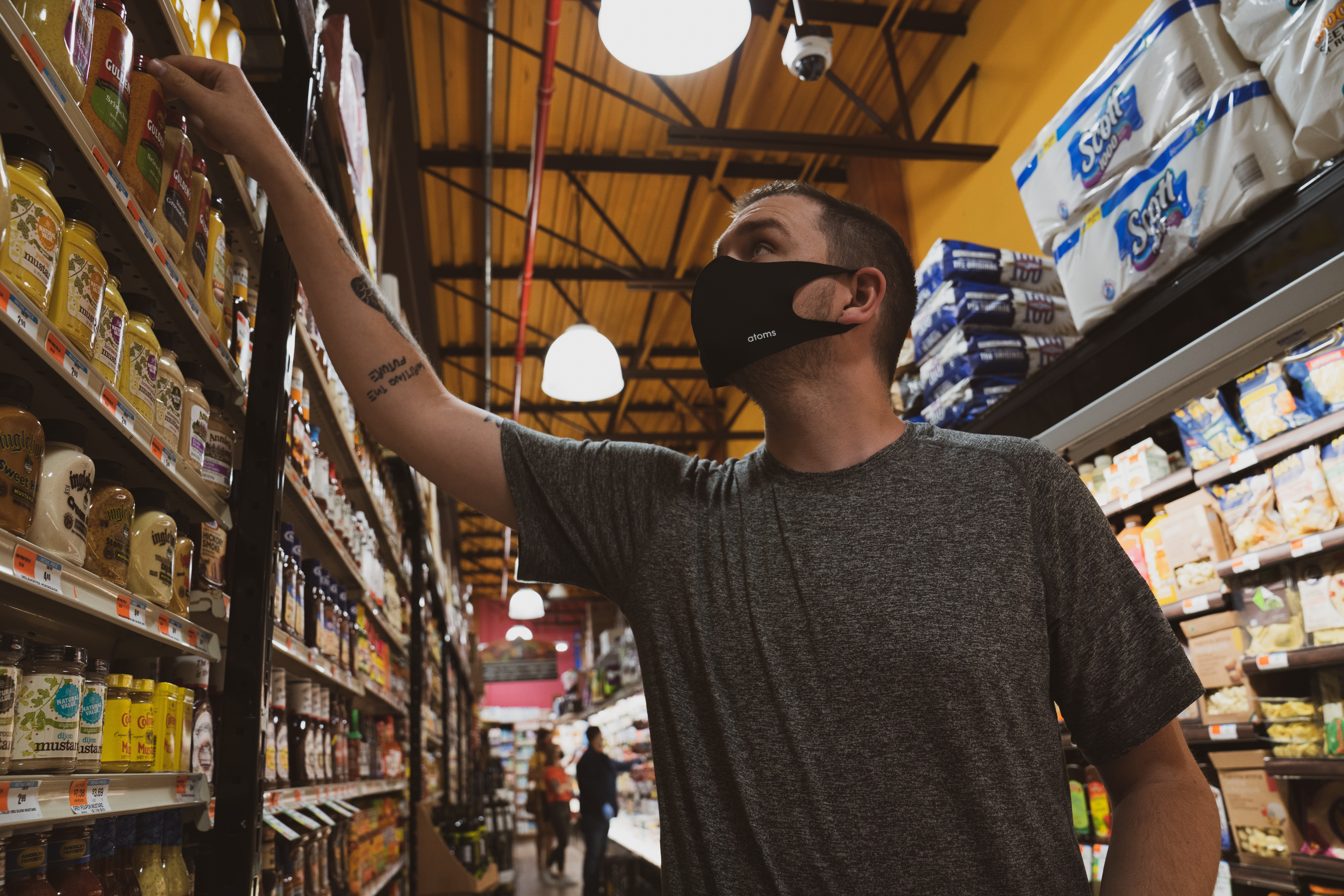
How will our idea of the high street evolve over the next 12 to 18 months? What does it mean for brands and what are the retail trends set to shape the future?
Featuring an industry expert panel:
– Simon Marsden: Category Development Manager, Tesco
– Louise Hughes: Collaboration Director, Bulbshare / Ex Category Controller ABInBev / Boots
Request our webinar recording now to unlock all the insights.
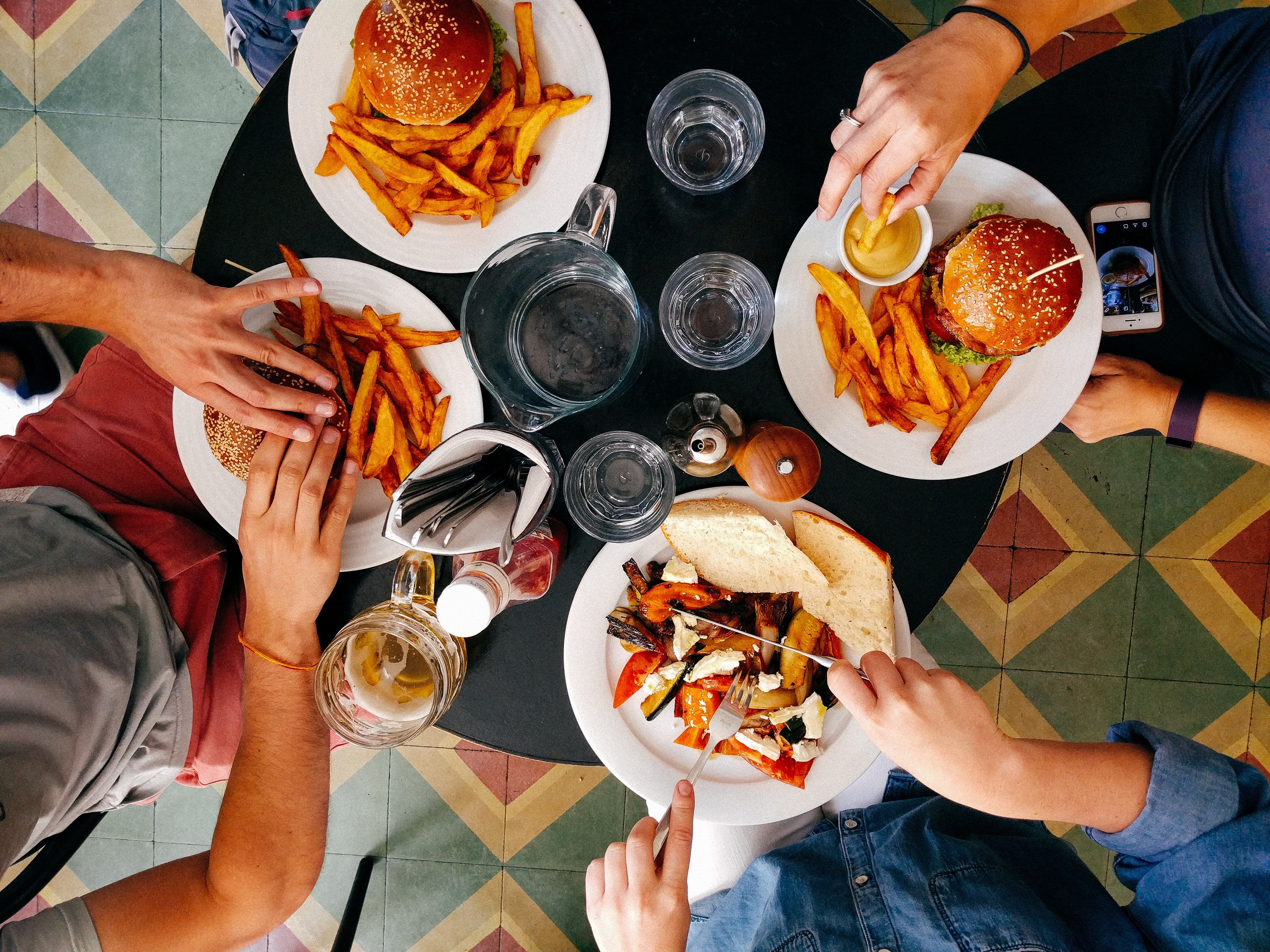
With the UK hopeful for a future free from Covid restrictions, it’s time to connect with our customer communities to see how they’re feeling about escaping lockdown.
Hundreds of our UK community members responded with rich insights about the government’s new roadmap, which has set out dates and plans for when hospitality, retail and travel can resume.
To discover the reaction of our communities, read on below…
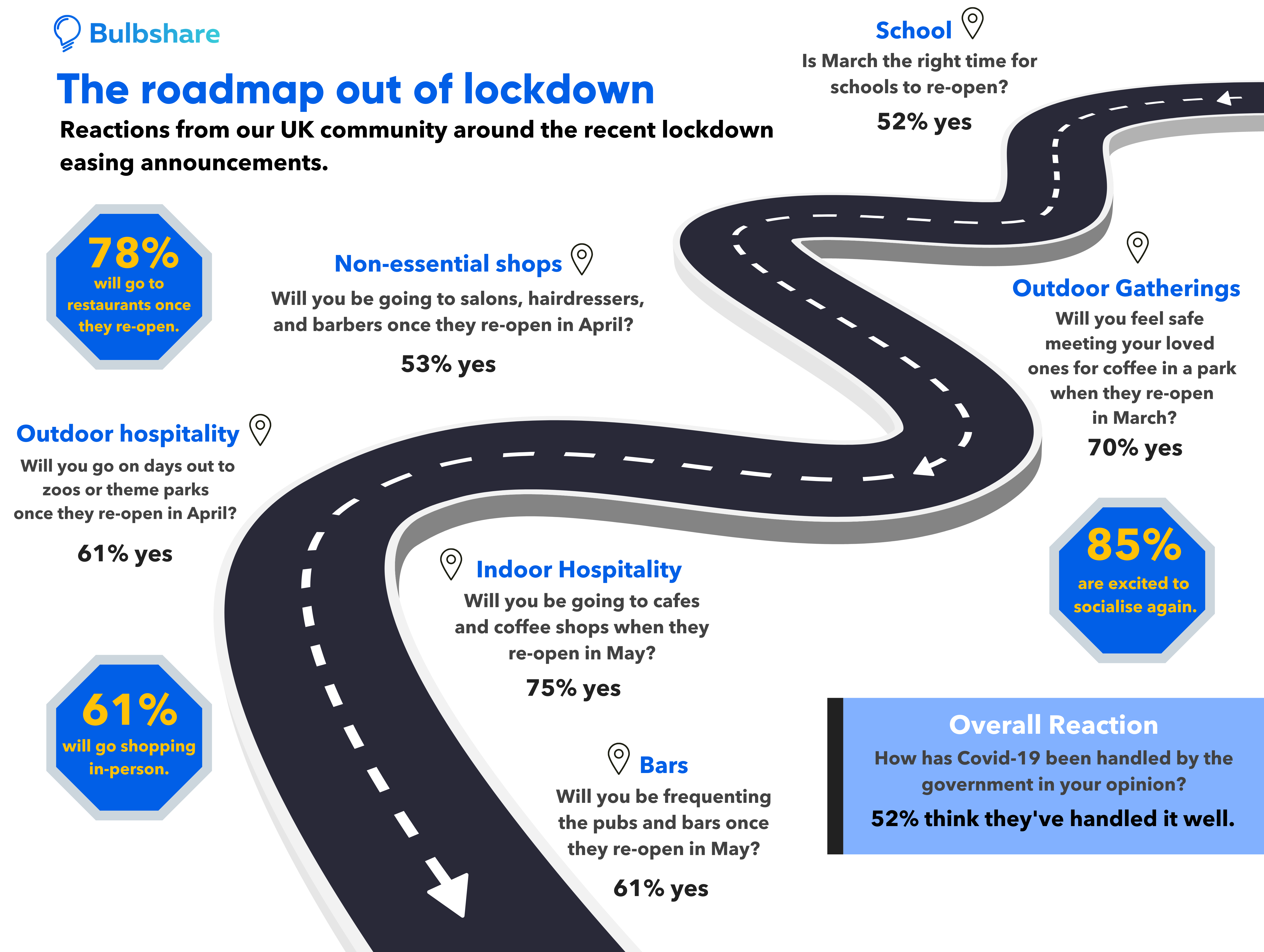
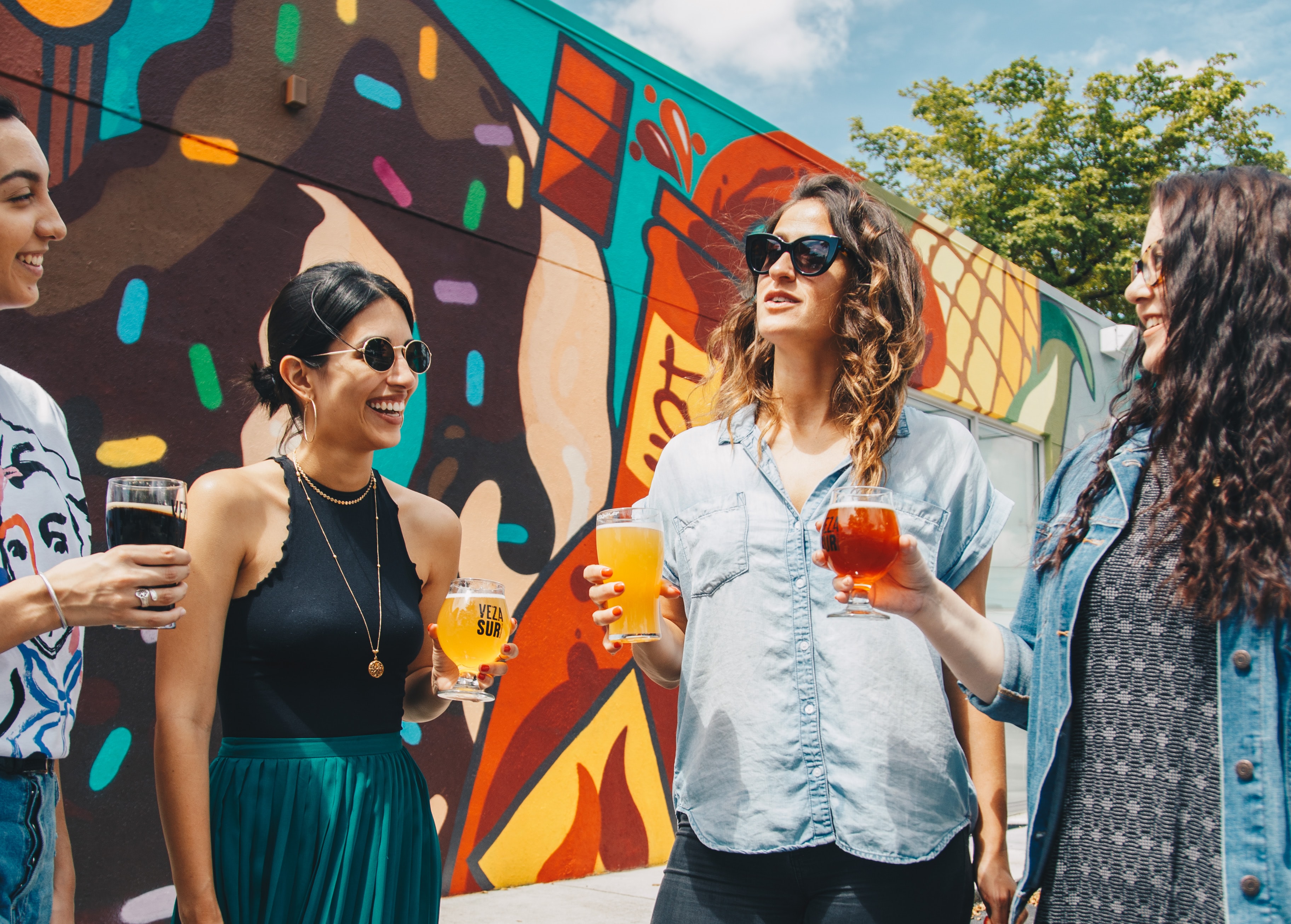
Join an expert discussion around the post-Covid consumer behaviour shifts set to impact the drinks industry this year…
Featuring industry insiders:
– Paul Thomas: Global Insight Director, Asahi, Ferrero, Diageo
– Louise Hughes: Collaboration Director, Bulbshare (Ex Category Controller ABInBev)
Download our webinar for all the insights…
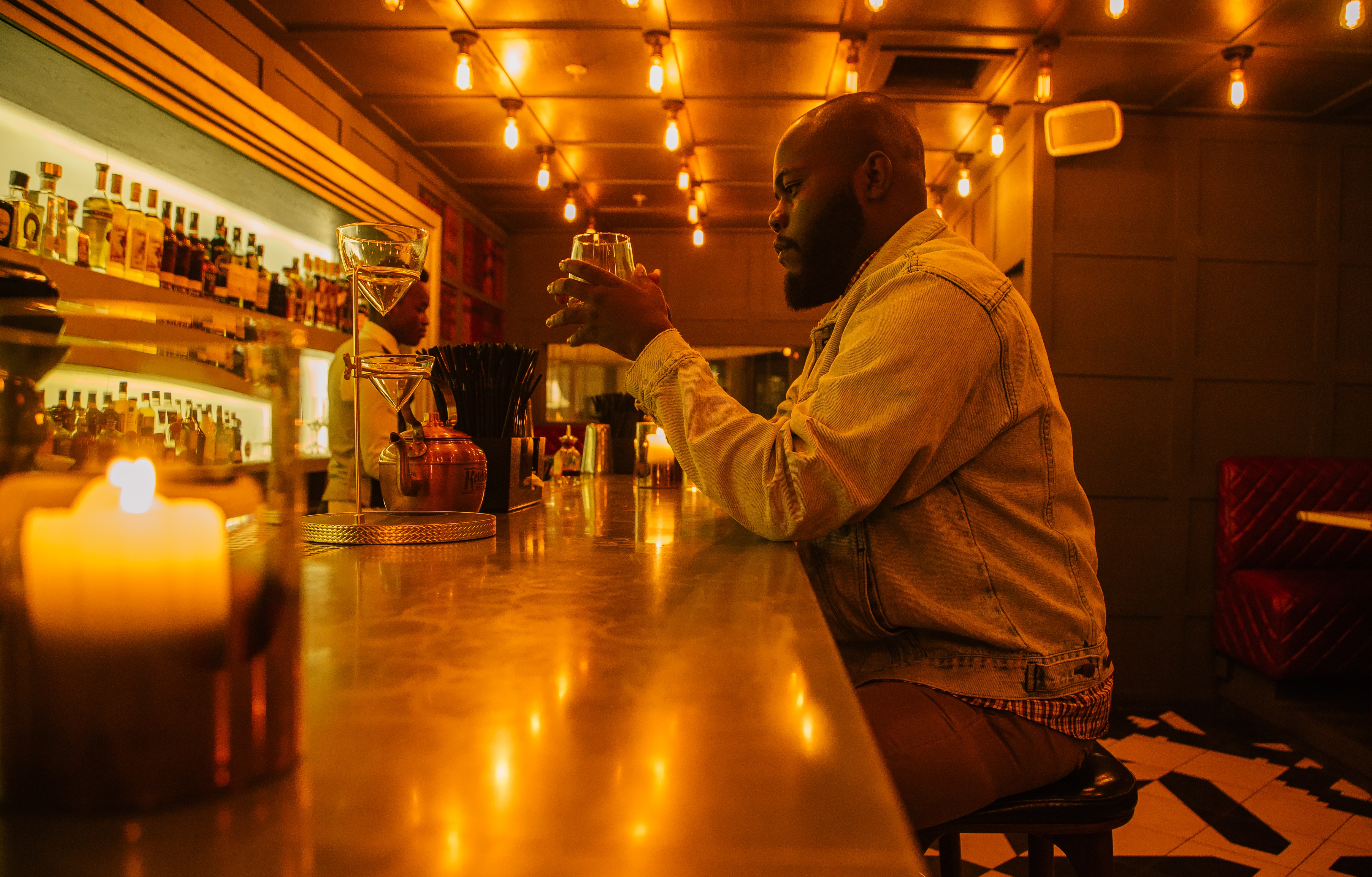
Join our panel of industry experts as they share key insights on what a Christmas of closed bars and pubs could mean for the drinks industry…
Thought-leading panel, including:
– Paul Thomas, Global Insight Director, Asahi
– Liz Davies, Category Lead, Budweiser Brewing Group
– Seb Szczukiewicz: Drinks Industry Insight Specialist, Bulbshare

Coronavirus has changed everything. From how we shop, work and socialise to our attitudes towards mental health and the environment. We’ve become more cautious and considered, more aware of our impact on others. We’ve been forced to be more insular but have learnt to be more community minded. And we’ve gained renewed perspective on the things that really matter.
The post Covid-19 world will be different in so many irreversible ways. Consumers will fundamentally change their expectations and behaviours and brands must innovate in order to adapt. We asked our global customer insights community what their post Covid-19 world looks like in order to get a feel for the key trends that will shape the future. Here’s what they told us…
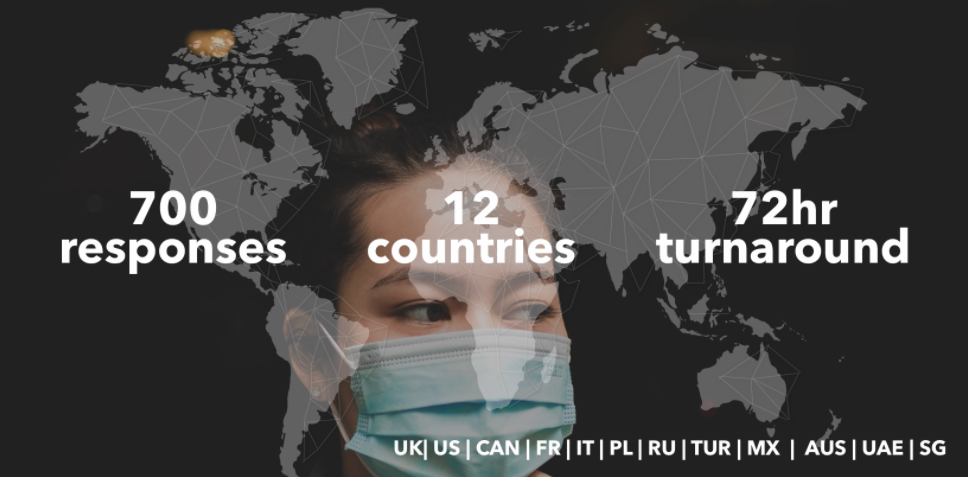
Event dining and AI delivery
One of the sectors hit hardest during the pandemic, restaurants will have a rough time regaining their dine-in customer base. Consumers have gotten used to lives without eating out and have seen the huge benefits of this in terms of the money they are saving. And when our global focus group community does return to dining, they’ve told us it will be treated more as an event – characterised at first by belated celebrations missed during lockdown.
Bulbshare user, 39 🇬🇧
Bulbshare user, 46 🇬🇧
Factors such as high unemployment rates, the fear of a second wave of Covid-19, and realisations around savings made during lockdown will mean restaurants have to rethink their entire business models to get consumers back through the door. We’ve already seen how imperative takeaway and delivery options are, and they will continue to be the main source of revenue for restaurants that survive this period of isolation. Enter AI delivery. In the UK, a robotic delivery service by Starship Technologies is already autonomously bringing fresh food to almost 200,000 residents of Milton Keynes. No human drivers or curriers involved, just a small, cooler-sized vehicle.
Brand Takeaway: Brands must be creative yet compassionate. It’s important to change your business model to best fulfill your consumer needs during this time. Maybe that means introducing more prepared, cook-it-yourself meals and less cooked-to-order, expensive foods. Or, reinventing the dining experience to be a celebratory event, for groups of friends and families to have a delicious dinner within socially distancing guidelines. Or, even more forward-thinking concepts like embracing technology in a traditionally human-centric exchange.
Family Values
If there’s anything our consumer community agrees on, it’s that being isolated from family and loved ones has been one of the more difficult consequences of lockdown. But, almost 50% of our global customer community members said they will not meet up in large groups of people even after stay-at-home restrictions are lifted. Many are still afraid for their health and safety, and actively want to protect others in their households. Most immediate post-lockdown interactions will be to visit family members they haven’t been able to see, whether because of travel restrictions or susceptibility to disease.
Bulbshare user, 28 🇬🇧
Bulbshare user, 27 🇲🇽
This unprecedented time forces us to reexamine our relationships with our elderly as well as our children, and a renewed appreciation of family will continue to be a priority for consumers. Once it becomes safe and acceptable to travel on vacation again, it won’t be to escape the monotony of everyday life anymore, it will be to purposefully reconnect with family in far away places and strengthen bonds. A global health crisis, unprecedented economic challenges, and rapid culture shifts allow consumers to reexamine what is most important to them.
Brand Takeaway: Messages around family, community, time and quality will have more meaning post Covid-19 vs those that focus on status and luxury. Take a step back and reexamine the basics of your brand. With much less disposable income, most consumers want to make a purchase feeling that it is going to better themselves or their family’s lives, not that it was unnecessary.
Work / Life balance
We’ve turned our homes into more than just our living spaces – they’re now our offices as well. There are much more distractions around us, and it has changed our perspective on what it means to be productive. Some people struggle with the relaxed way of working, but some people thrive in the flexibility it provides. While we don’t know when the Coronavirus will disappear, safety precautions like working from home and digital communication between team members will most likely be the norm for years to come.
Bulbshare user, 30 🇺🇸
Bulbshare user, 32 🇦🇺
In fact, big corporations like Twitter have already put policies into place allowing employees to choose to work from home indefinitely. They will not open their offices until September, and even then, employees won’t ever have to come in at all if they feel their health is at risk. With the skyrocketing success of video platforms like Zoom and Google Hangout, there’s no need to fit twenty people into a crowded boardroom, and many more companies will follow in Twitter’s footsteps because of this. We’ve been living in the age of the digital revolution for years, but implementing completely digital workspaces into our daily lives drastically speeds it up. Many people are having to quickly learn new technologies and our practice with them everyday is developing new virtual routines that will live on, such as no more long commutes to an office building, no more 9 to 5 workdays, and juggling productivity with things like childcare and maintaining healthy sleeping and eating habits.
Brand Takeaway: There’s no more avoiding the digital revolution. Brands should target consumers who can benefit from online accessibility. With this, a flawless user experience is key, as employees who are learning to navigate recent technology will need products that help them, rather than frustrate them. Even though working from home means less face to face interaction, it’s still important to emphasize that a company is still a community made up of strong connections.

Meaningful trips and virtual vacations
Even though lockdown restrictions are cautiously being lifted, we won’t return to normal life for quite some time. Vacations, cruises, business trips, and more have all been postponed indefinitely, and people are itching to leave their homes. We asked our digital research community what will be on the top of their to-do list as we emerge on the other side of Covid-19, and many mentioned planning for a much-needed vacation.
Bulbshare user, 31 🇵🇱
Bulbshare user, 32 🇲🇾
However, what’s different about these future vacations is that consumers will take on a whole new mindset when planning their travels. It’s not just a vacation for the sake of it anymore, it’s for a specific purpose that Covid-19 has brought forward, like making the effort to see family, or traveling to better their mental health and enrich themselves, because people realise that time is precious. Sadly, regular travel seems like it is still a ways away. In the meantime, destinations all over the world have been utilising technology to provide a virtual cure for wanderlust. Immersive VR experiences such as getting a 360 degree view of iconic wonders of the world like the Taj Mahal, Sphinx, and Stonehenge or perusing through famous museums like the Louvre from your home are alternatives for consumers still being very cautious about the risks travel poses to their health.
Brand Takeaway: The coronavirus pandemic has reminded consumers of the importance of having strong family bonds, so the term ‘family vacation’ takes on a deeper meaning than before, and is an opportunity for brands to emphasize the benefits of travelling and having once in a lifetime experiences with loved ones. In addition, the virus has also shifted consumer’s focus onto their own mental health, so brands can utilise travel or other forms of vacation as ways of grounding oneself in stressful times.
Home dining and healthy living
One of the prominent themes we see emerging in the post Covid-19 world is the need for self-improvement- mentally, emotionally, and physically. This elusive virus that seems to affect people of all ages and lifestyles can pose as a dose of reality for consumers, and allows them to realise how fragile life really is, therefore it is vital we take care of ourselves.
With restaurants no longer open to dine in, and consumers being very careful with their spending, many are getting into the healthy habit of cooking meals for themselves at home, learning what comprises a healthy meal and even getting creative with recipes. Home exercises are also rising to popularity, along with no-equipment workouts like running and walking that also function as an excuse to get some fresh air. These lifestyle changes won’t go away anytime soon, and while some are eager for gym facilities to open, many are still concerned with the germs that can easily spread and will choose to stick to their home routines for a while. In terms of mental health, it’s no shock that the current state of the world and being isolated indoors has caused many to feel anxious and depressed. The positive side is, consumers are actively looking to help themselves in this aspect whether it be through online therapy, meditation courses, or enjoying hobbies with their newfound free time. Our global community has stated many different ways they’ll be taking charge of their wellbeing after this.
Bulbshare user, 23 🇵🇱
Brand Takeaway: We are seeing a lot of messaging around people having no excuse for a lack of productivity during lockdown. But, it’s a good idea to remind consumers that it’s okay to have days where they don’t feel like doing anything. It’s a powerful mental wellbeing check for people to hear from a brand that there’s no right way to process a global health crisis. Brands that emphasise that everyone has an individual experience while promoting the benefits of nutrition, exercise and counselling will stand out from the crowd by being understanding yet transparent.


Our Covid-19 Tracker charts the changing daily attitudes and behaviours of 1000s of global consumers – capturing real customer voice and forecasting future consumer trends. As Government restrictions ease, our week eight report takes a detailed look at the changing face of the Post Covid-19 consumer.
Click below to download our full report, tracking the thoughts, feedback and opinions of our global community from the onset of the crisis.

Satisfaction with Government varies across countries
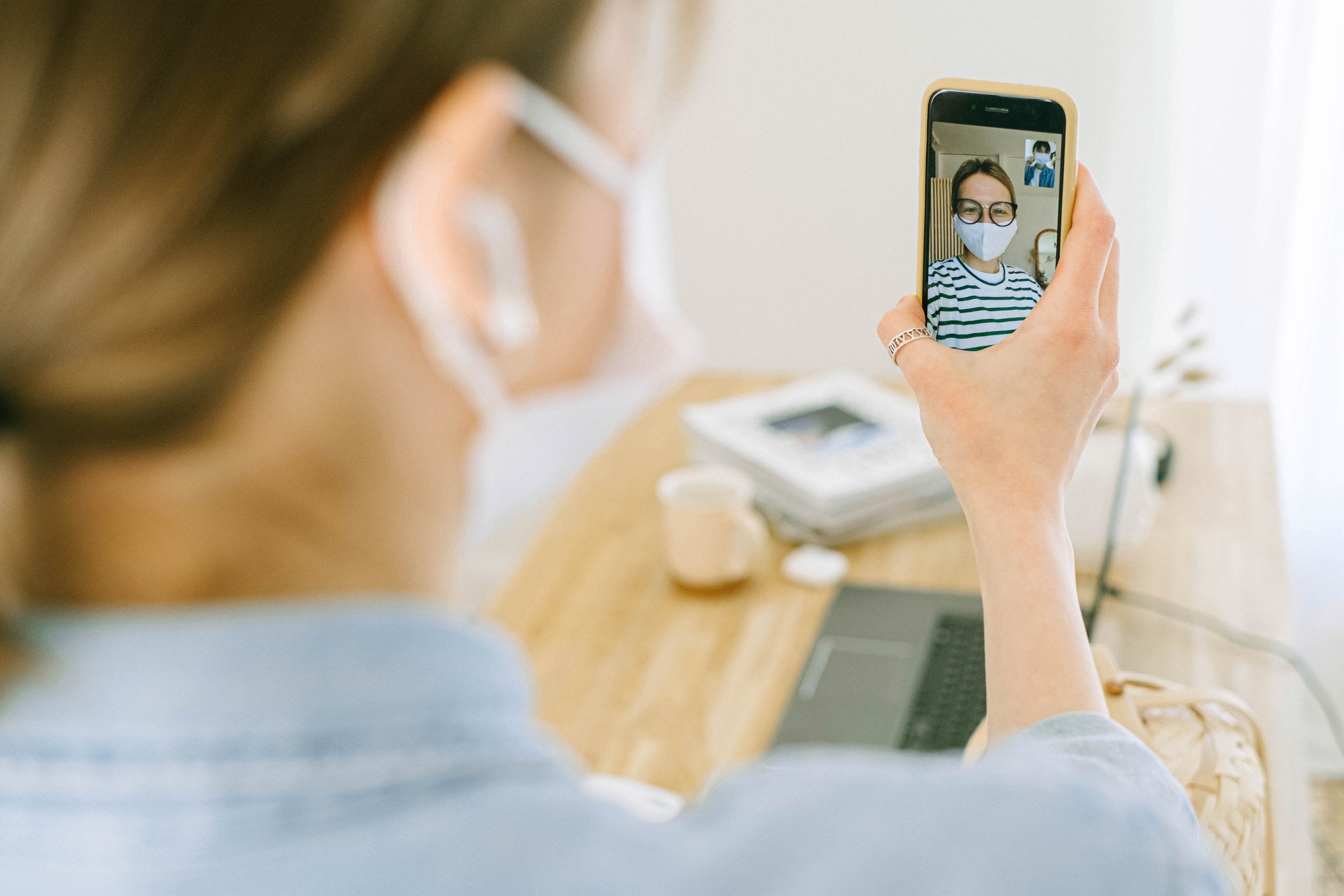
Our Covid-19 Tracker charts the changing daily attitudes and behaviours of 1000s of global consumers – capturing real customer voice and forecasting future consumer trends. As lockdown eases, our week six report begins to explore the post Covid-19 consumer.
Click below to download our full report, tracking the thoughts, feedback and opinions of our global community from the onset of the crisis.

Mental Health
• With lockdown beginning to ease, we are starting to see a decline in levels of anxiety – with those who ‘feel anxious about the situation’ falling from 70% to 62% over the last three weeks.
• Negative sentiment continues to dominate the minds of our community members – especially in the US and Italy.
• Concerns about family members catching the virus remain the biggest worry. Financial worries are also on the rise.

Shopping
• Users continue to move to online shopping across the majority of our communities – as social distancing guidelines remain in place. However, we have seen a decline of around 10% in the UK and around 19% in France over the last week.
• Numbers of users stockpiling continues to go up and down, with no clear pattern emerging. This week we have observed a spike in Italy and the US, but seen a sharp decline in the UK, France and Brazil.

‘New Normal’
• Key positives emerging from Covid-19 are a bigger focus on health, fitness, nutrition and hygiene. Lockdown has also encouraged people to address their work/life balance and spend more quality time with family.
• Covid-19 has brought about a number of learnings which will bring change to our users’ day-to-day attitudes and behaviours. These include being ‘pandemic-ready’, planning food resources better and having more appreciation of family time.

Work
• Unemployment continues to rise – particularly in the US and Italy.
• We are also observing a rise in those working less than they did before, meaning those still working are having hours and shifts cut.
• Working from home continues to rise. We anticipate seeing a slow decline here as governments across our communities begin to encourage those who can do so to return to work.

Satisfaction with Government varies across countries
• High satisfaction with Government response and actions in Italy, moderate in US and UK, and low in France and Brazil. The dissatisfaction stems from the perception of delayed response, lack of enough PPE and financial benefits not reaching the people.
• Users generally feel that governments have taken the right decisions on social distancing, lockdown and isolation.

Response on press coverage
• Opinions stand divided on press coverage and behaviour; while most find it informative, accurate and helpful, others find it to be a source of overly negative and depressing information.
• Low perception of news being positive, rather perceived to be extremely negative in the UK and Italy with low objectivity.
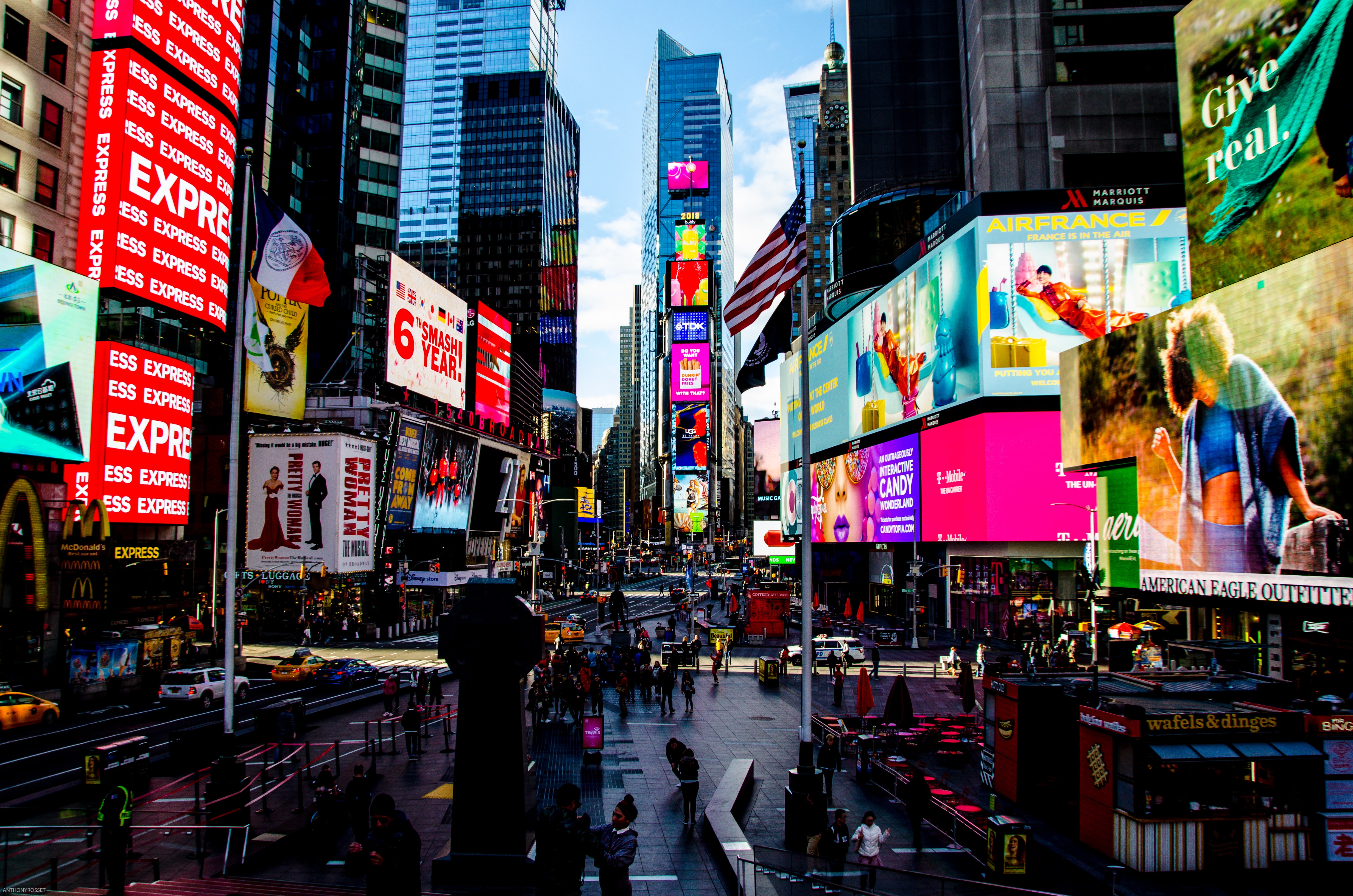
In the last six weeks, the outbreak of Covid-19 has irreversibly transformed our lives. Our homes are no longer just homes, they are offices, classrooms, and gyms. We are cut off from friends and family, and socialising via screens. We are living, shopping, working differently.
Across the globe, thousands have lost their lives, and millions have lost their livelihoods. Governments are taking drastic, unprecedented measures to support their economies, their health systems and their people, while individuals are doing what they can to raise money and moral.
Amidst the turmoil have been beacons of light. In a time of isolation, the idea of community has never been more important. We’ve seen waves of clapping, live music from balconies, army captains raising millions. We’ve seen businesses stepping in to donate ventilators, and industry turning its hand to new innovations.
Global brands have also been going above and beyond to help out in this time of need – with everything from simple donations to far-reaching support initiatives. With that in mind, we asked our global insights community to tell us who their brand heroes have been during the epidemic. Here’s a list of their top five. It’s as surprising as it is inspiring…
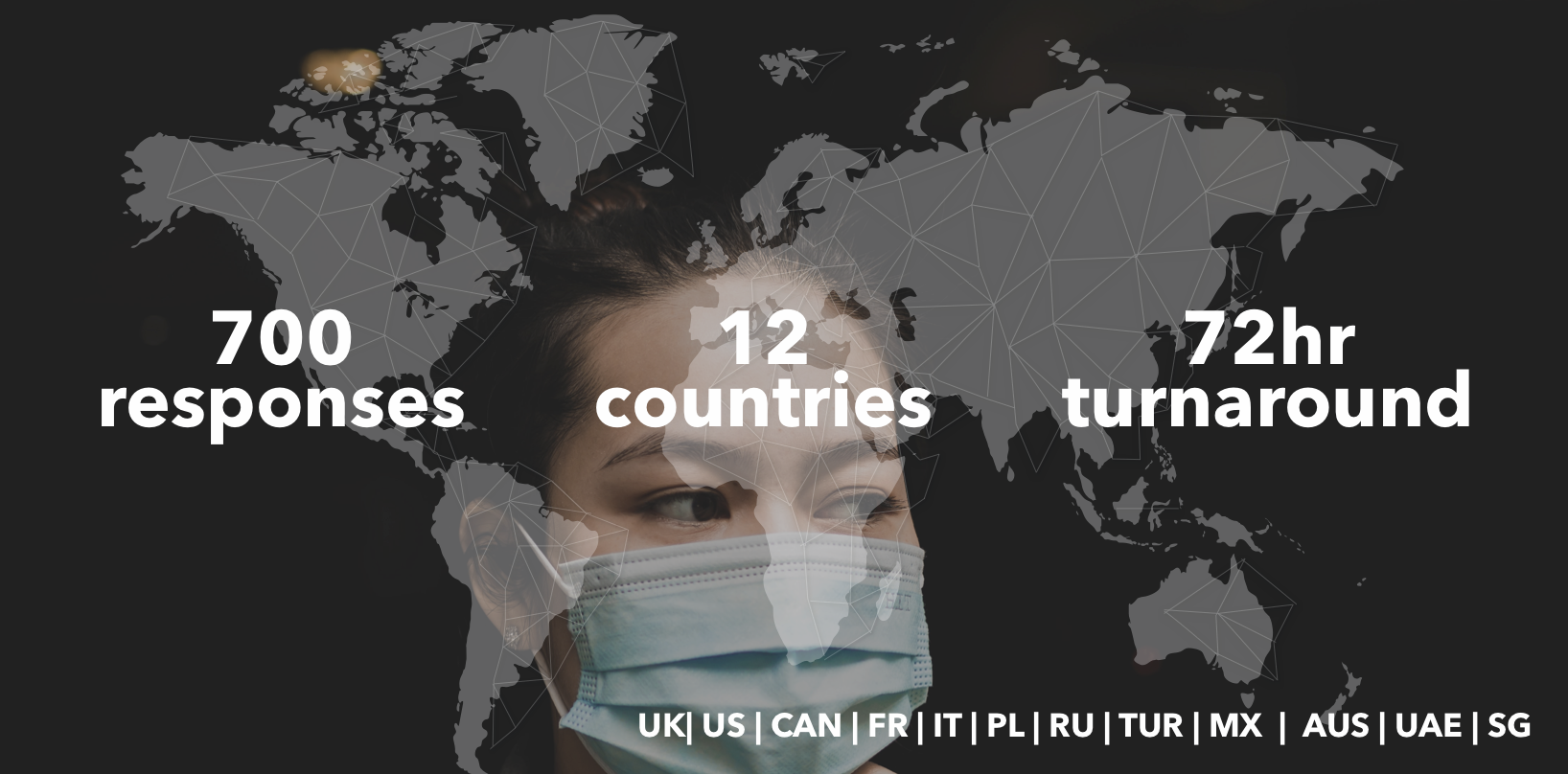
DoorDash
Food delivery services like DoorDash and UberEats have become game-changers in a world where going out to eat is prohibited, providing meals to families every day, while promoting health, safety and social distancing. Both DoorDash and UberEats are providing free protective equipment to their employees. DoorDash has also rolled out a commission relief and marketing support programme for independently owned restaurants that could be hurt by lack of customers. They have added more than 100,000 small businesses to their app, offering no commission fees, $0 delivery fees, and over $20 million in marketing efforts to generate revenue for independent restaurants already on the app.
(Bulbshare user, 34 🇺🇸)
(Bulbshare user, 33 🇧🇷)
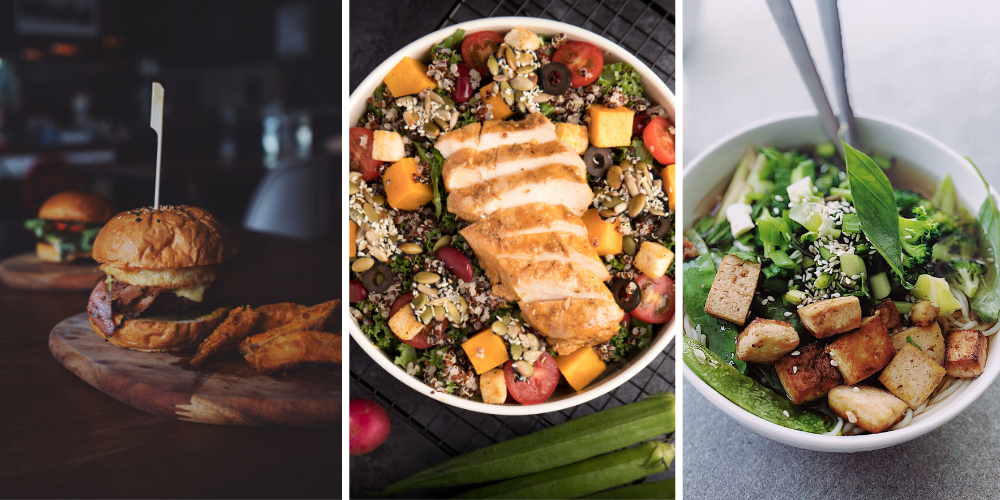
Google
Google is supporting people in more ways than one. They are making it easier to stay connected with loved ones, co-workers, and students when virtual communication is the only option, by making premium features of their Google Hangout technology free to everyone. In addition, Google has led the way with unique relief efforts, such as giving $25 million worth of advertising credit to the World Health Organization (WHO) and donating over $1 million to purchase medical supplies and provisions for frontline workers. Google technology is also being used in the research of the virus’s structure.
(Bulbshare user, 43 🇲🇽)
(Bulbshare user, 30 🇷🇺)
Verizon
With our work, education, and social lives now being entirely online, having access to wireless data is essential. Verizon, along with many other phone service providers like AT&T, Vodafone and Telstra are making sure their customers can still afford to stay connected on their devices. Verizon is waiving all late, international, activation, and upgrade fees, and offering free extra data plans up to 15GB. And, they have a variety of free calling packages and learning tools available for healthcare workers and teachers.
(Bulbshare user, 47 🇬🇧)
(Bulbshare user, 37 🇦🇺)

Alcohol Distilleries
Hundreds of gin, vodka, whiskey, and beer distilleries and breweries all over the globe are halting their alcohol production and switching to making hand sanitiser in an effort to keep up with demand while keeping it at affordable prices – AND keeping their employees on the payroll. Popular brand names in the UK like BrewDog have donated sanitiser to local charities and care facilities. 58 Gin has even created personalised bottles of hand sanitiser, where you can pick your own scent, colour, and label. Our online focus groups reacted well to examples of brand compassion such as this.
(Bulbshare user, 37 🇬🇧)
(Bulbshare user, 39 🇺🇸)
The Body Shop
While cosmetics brands may not come to mind right away in the fight against Covid-19, The Body Shop is setting an excellent example of tackling issues that are a direct result of the virus. In addition to keeping all of its employees on their payroll and donating over 30,000 soap products to vulnerable communities and hospitals, they have teamed up with NO MORE to support and provide resources to those trapped in domestic abuse situations due to stay at home mandates.
(Bulbshare user, 39 🇬🇧)
The real heroes – the front-line health workers
And of course, our global research community is thankful for all the health care providers facing the coronavirus head on every day – the real heroes risking their lives to protect and care for those affected.
(Bulbshare user, 34 🇵🇱)
(Bulbshare user, 38 🇺🇸)
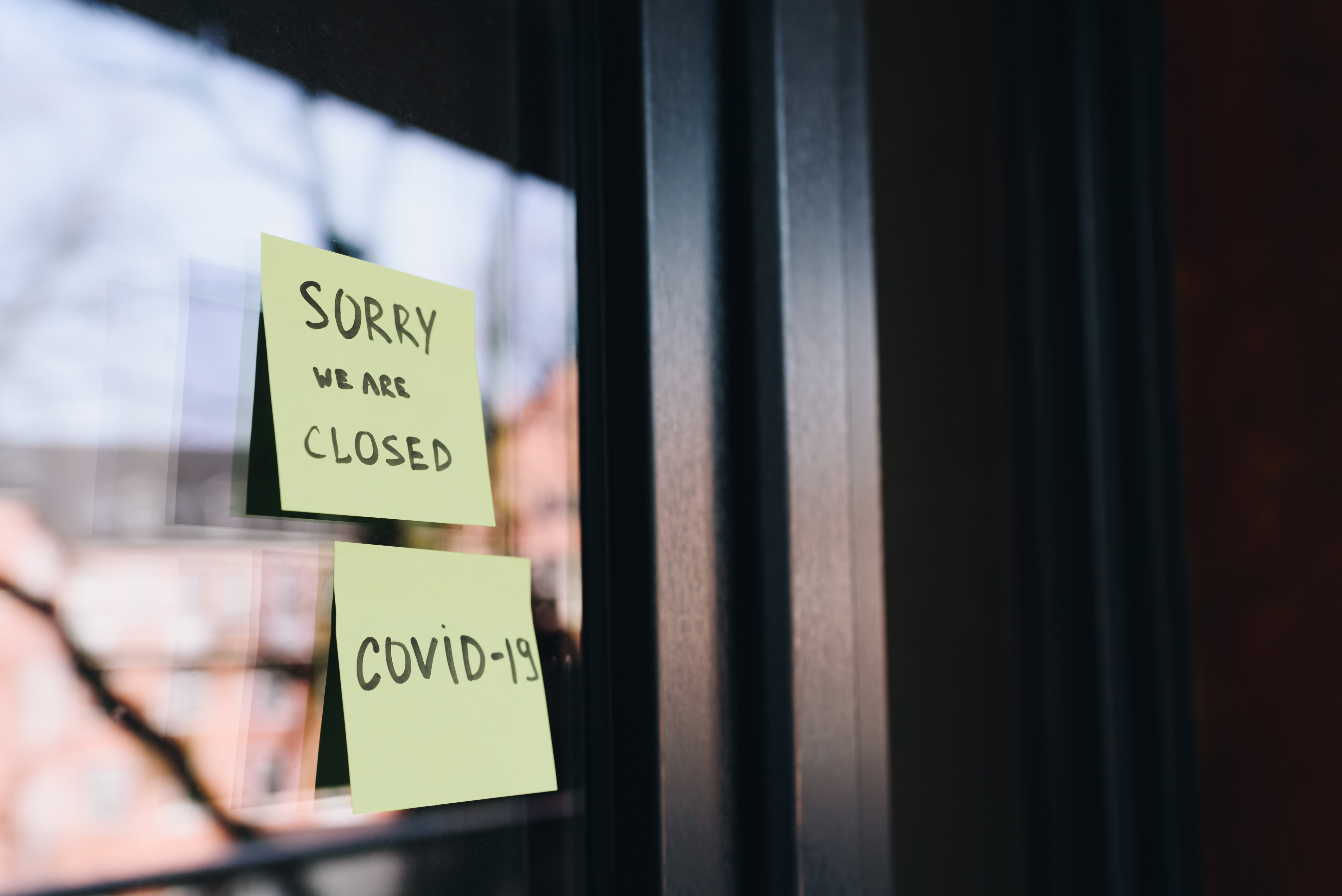
Our Covid-19 Tracker charts the changing daily attitudes and behaviours of 1000s of global consumers – capturing real customer voice and forecasting future consumer trends. Click below to download our full week four report, tracking the thoughts, feedback and opinions of our global community from the onset of the crisis.

Mental Health
• As the lockdown continues, the levels of anxiety remain high – with 74% of respondents feeling anxious. Of all our communities, the most significant spikes in anxiety levels during week four can be observed in Italy.
• Despite a slight improvement vs week three, negative sentiment towards the current reality continues to dominate the minds of our community members.
• Concern about family members catching the virus remains high week-on-week . However, fears around financial worries/job security continues to increase – being most prevalent in the US.

Shopping
• Moving to online shopping remains high across most of our global communities – as lockdown and social distancing persists. However, for some communities this has actually fallen during week four, notably Italy and the US.
• Stockpiling continues to increase in the UK, France and Brazil, but has declined in Italy and the US.
• Long-life products and essentials remain the most common items in the basket. Users are continuing to shop for different brands and have started buying more non-food items.

Physical Health
• We are seeing an increase from 39% to 41% of community members reporting that they are exercising less during lockdown.
• The number of people exercising less has increased across all our communities – with the biggest decrease in exercise coming in Italy.
• While many are exercising less, there are also those exercising more during lockdown, with many moving to online fitness classes.
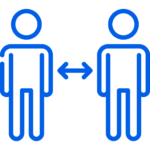
Social Distancing and Isolation
• Social distancing is becoming harder as people miss their families and friends. In week four, the pressure and fatigue of lockdown is increasing significantly.
• Despite this, we continue to observe a number of positives – spending more time with family being the top of the list.
• Feelings of being trapped, isolated and bored are most common across all of our global communities.

‘New Normal’
• We are seeing more people trying a new diet or simply exploring new meals or recipes at home.
• Leveraging technology (video calls, PC, online streaming) remains high across all our communities – especially for
connecting with family and friends.
• We have seen an increase in users engaging in new pastimes – reading and audiobooks have been particularly prevalent, especially in the US, UK, Italy and France.
• Online fitness classes have been gaining more traction too , in particular in the UK, US, Brazil and France.

Work
• Concerns about unemployment and financial instability are rising. The level of people not working is still increasing in most of our global communities (only Brazil and France have experienced a decline).
• We have observed a very high incline in users ‘working less than before’ in Italy – from 22% up to 50%.
• Working from home remains a constant theme, though we have now seen some variation:
– In Italy, people are now working less from home (this could be linked to a rise in those not working) – moving from 39% to 13%.
– In Brazil, France and US the numbers of those working from home continues to rise
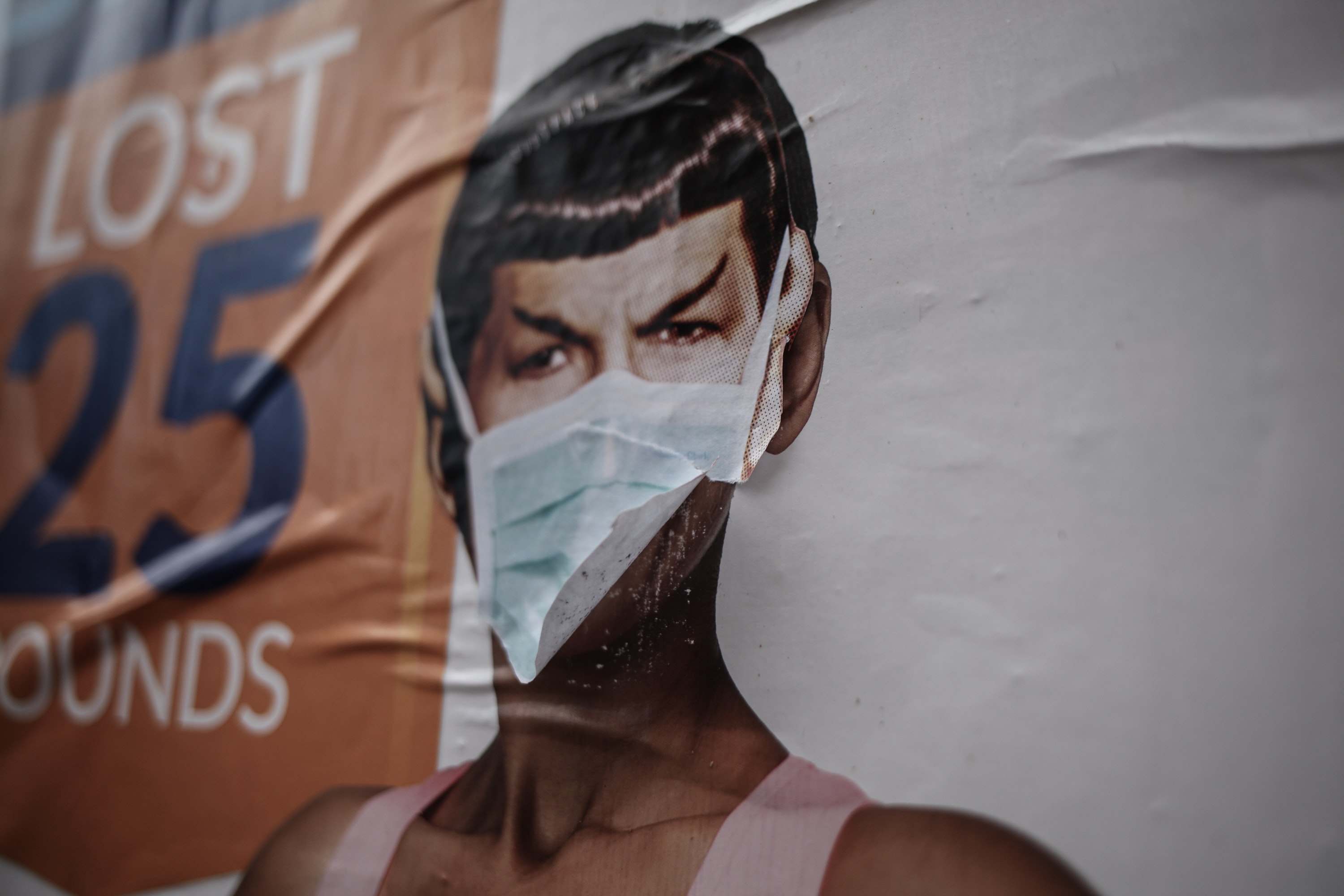
Our Covid-19 Tracker charts the changing daily attitudes and behaviours of 1000s of global consumers – capturing real customer voice and forecasting future consumer trends.

Mental Health
• Anxiety remains high – at an average of 73% across our communities. This can be worst felt in Brazil where infection and death rates continue to rise.
• We have observed a marginal drop in negative sentiment on anecdotal responses for the first time, as people begin to see a light at the end of the tunnel and the easing of lockdown is beginning to be discussed across some communities.
• Concerns about family members catching the virus remains the most significant fear. However, financial worries and job insecurity is also on the rise.

Shopping
• Online shopping continues across the majority of our communities.
• Stockpiling continues to decline.
• Long-life products, canned good and everyday essentials remain the most common items in the basket – with people continuing to shop for alternative brands where their staple purchases are not available.

‘New Normal’
• Behaviour changes remain largely inline with previous weeks:
• Leveraging technology (video calls, PC, online streaming) remains significant across all our communities.
• Engaging in other, more traditional pastimes such as cooking, reading and crafting is also on the rise.
• We have observed an increase in users subscribing to online education platforms – particularly in the UK and Italy.
• The use of online food delivery companies has also experienced spikes across our UK, Brazilian and French communities.

Social Distancing and Isolation
• We are beginning to observe increased feelings of pressure around lockdown, with isolation fatigue setting in and much negative sentiment being reported around not seeing an end to the crisis.
• Despite this, we continue to observe a number of positives – with spending more time with family continuing to be at the top of the list of good things to come out of lockdown.